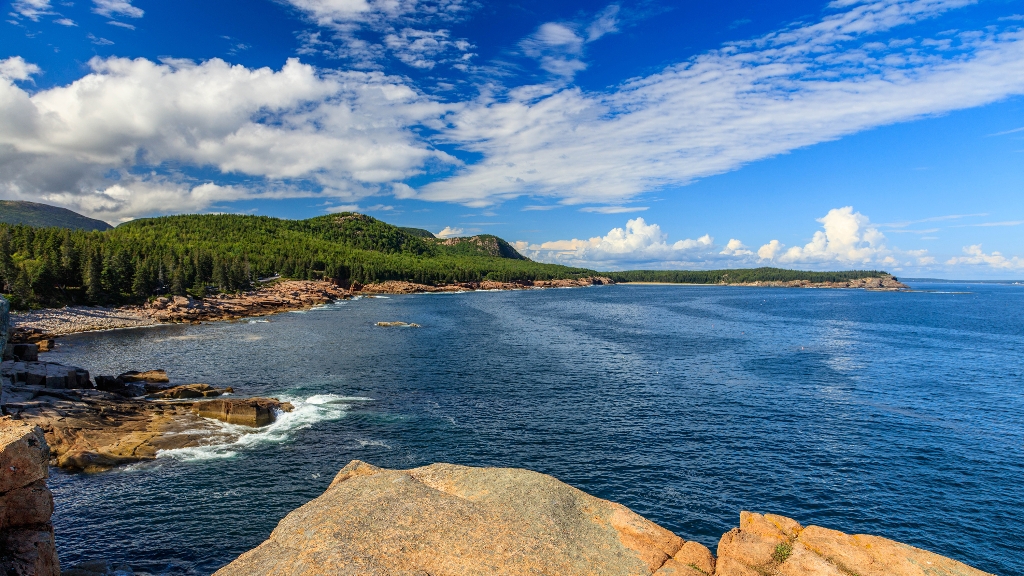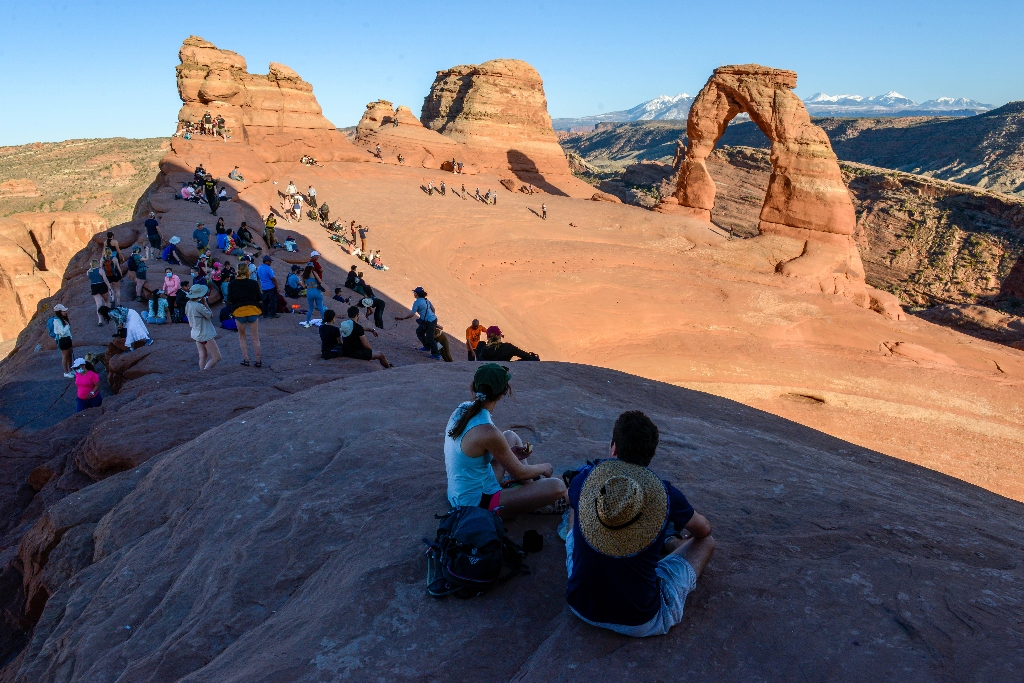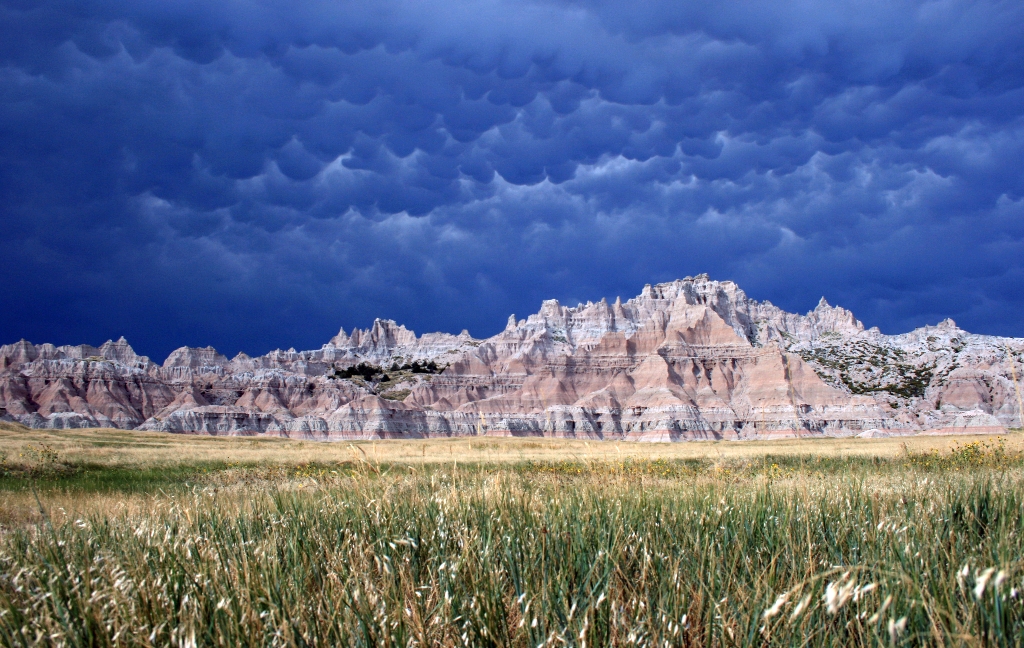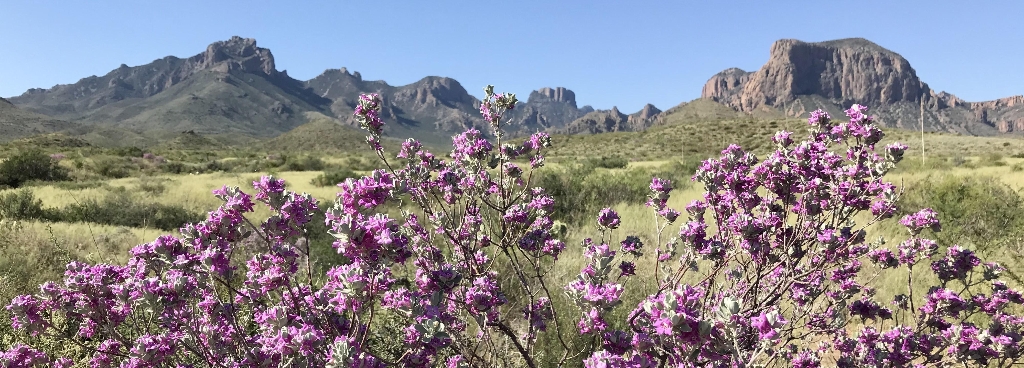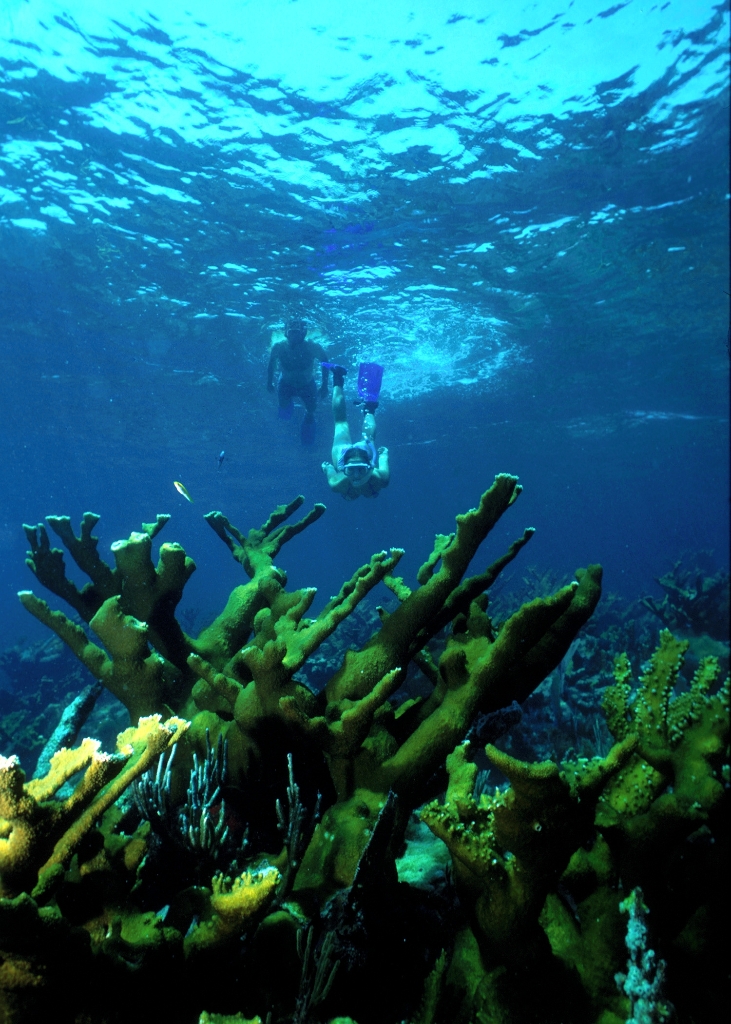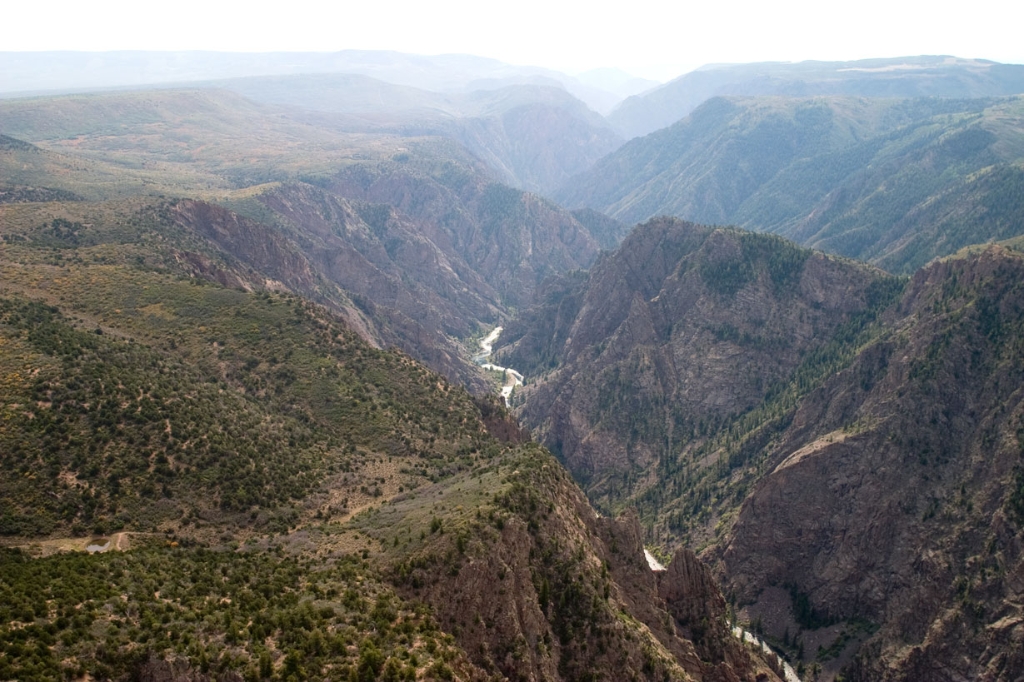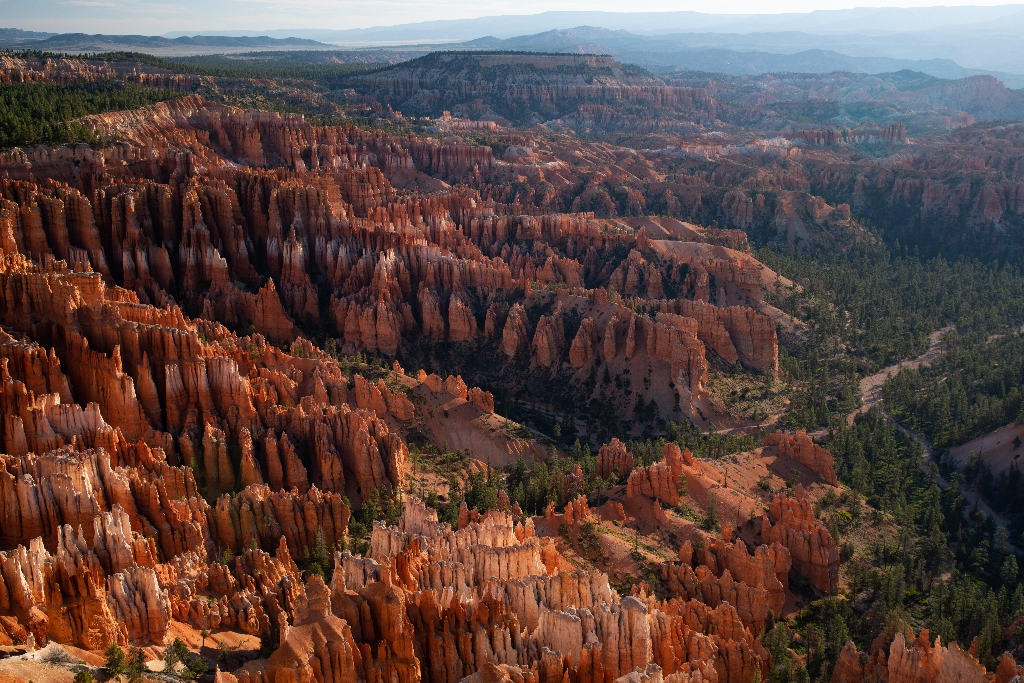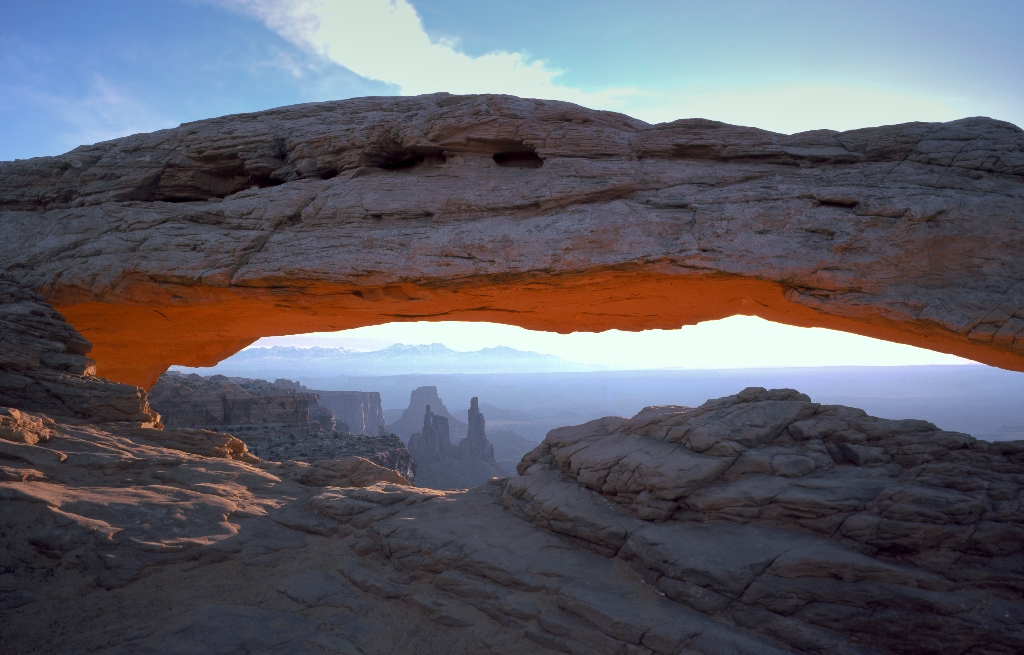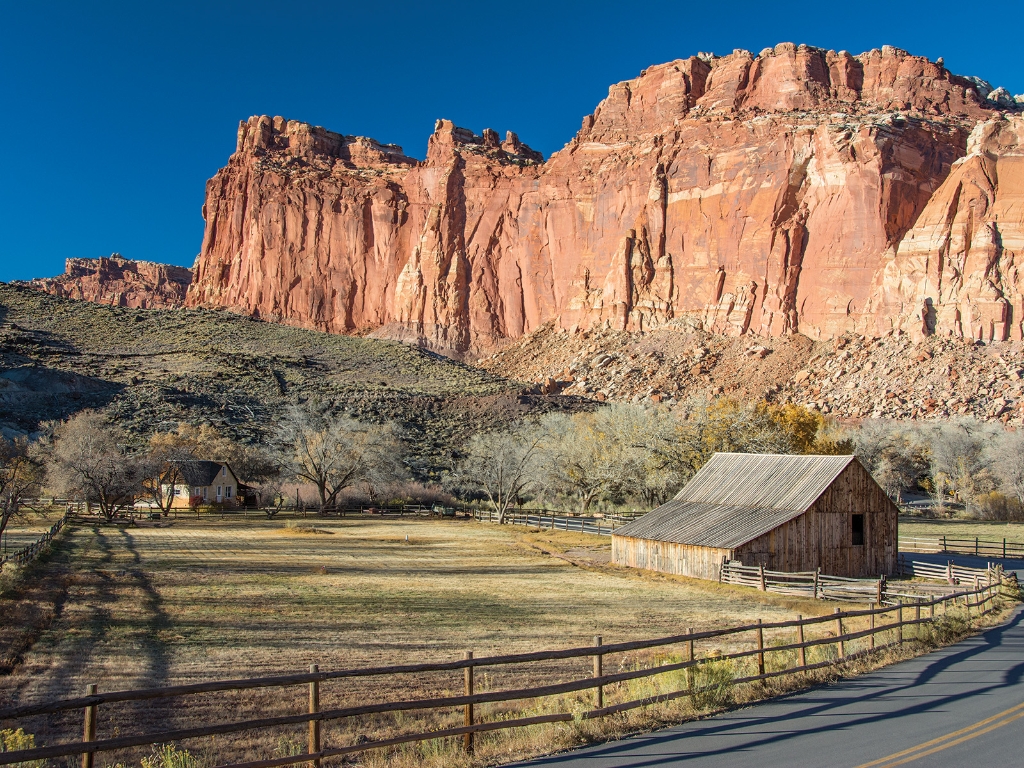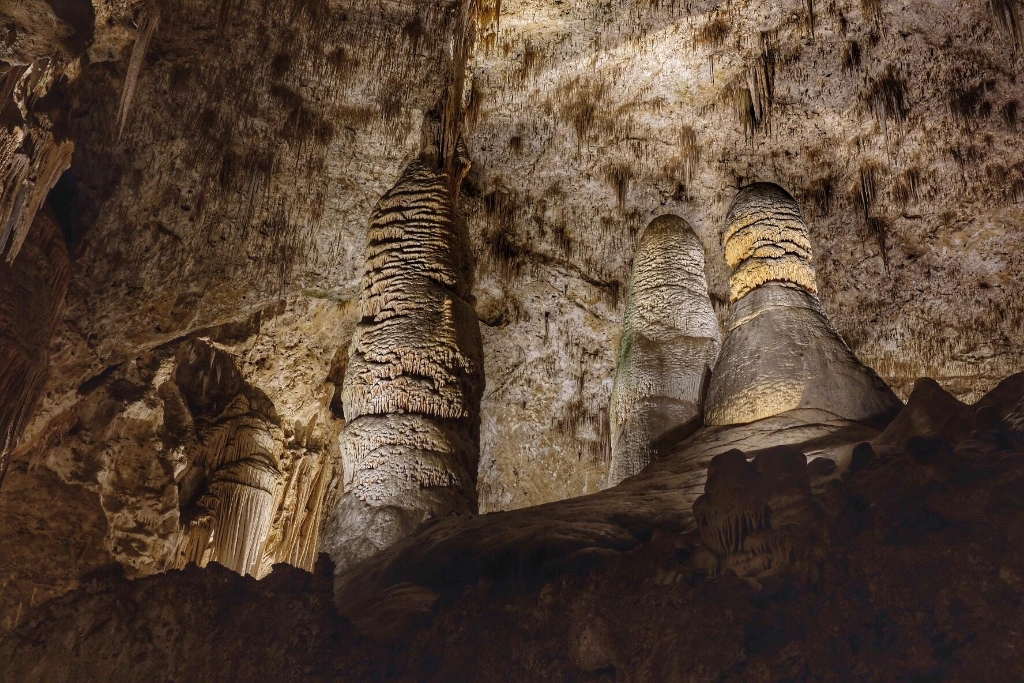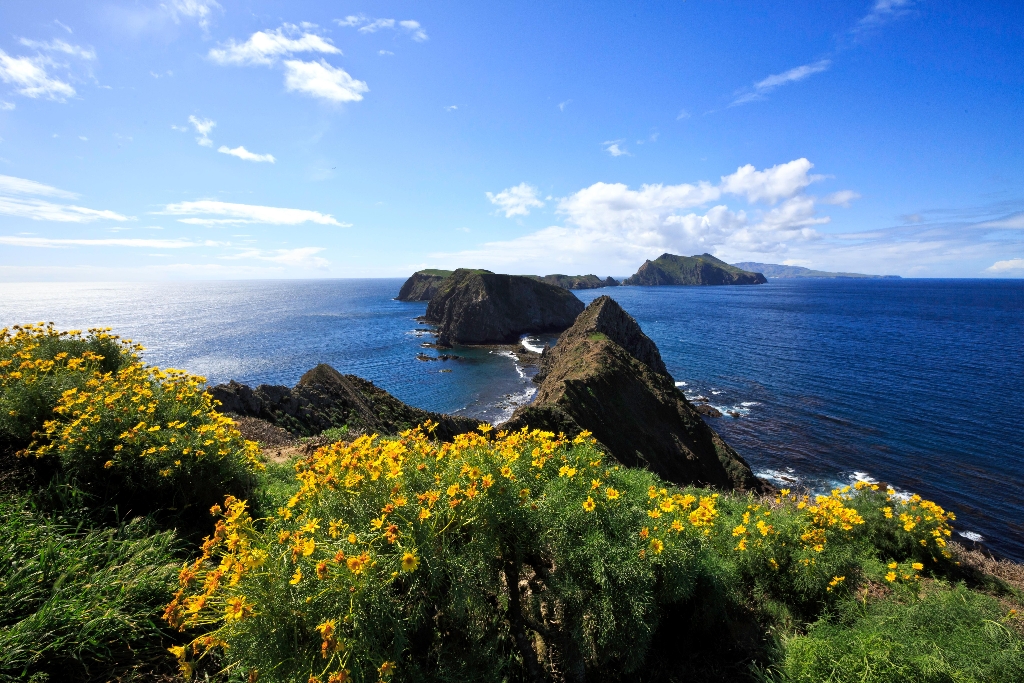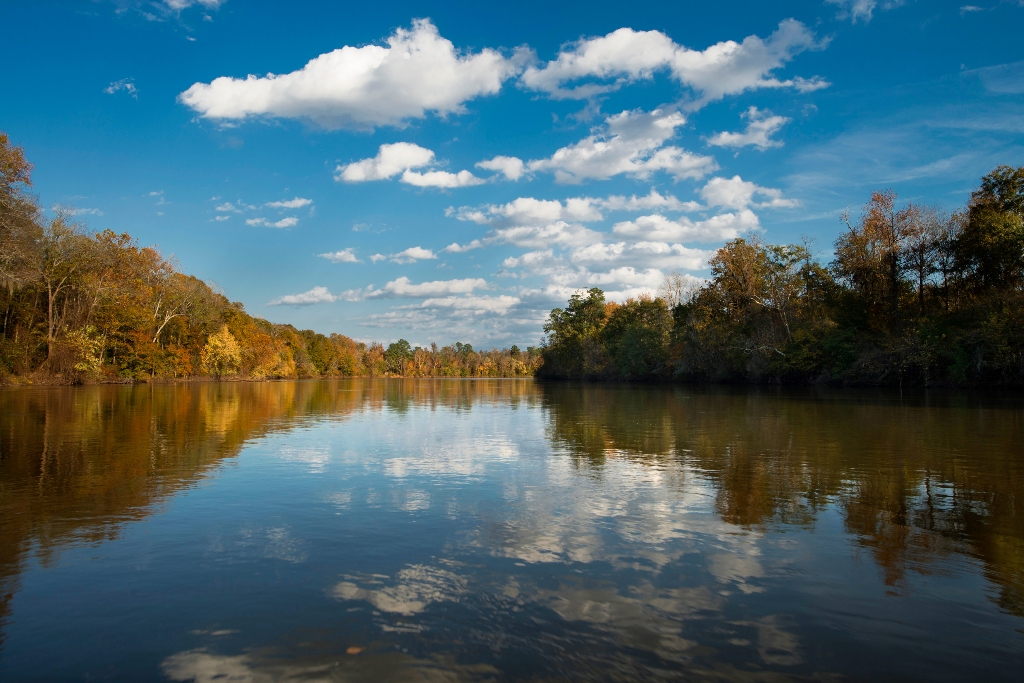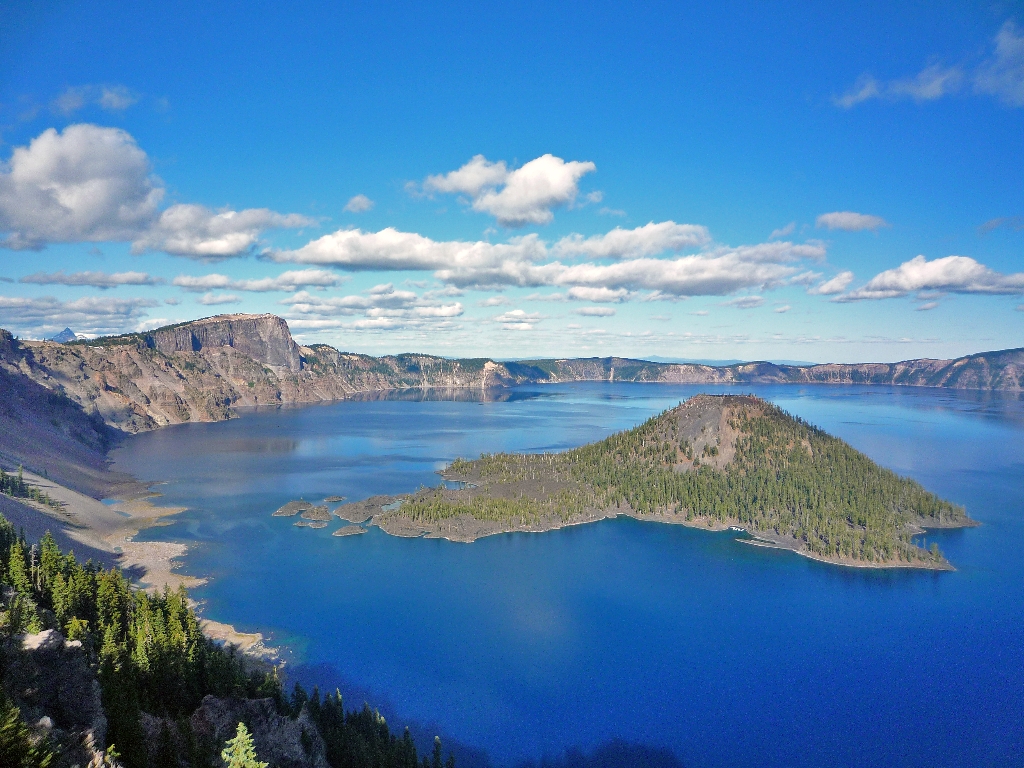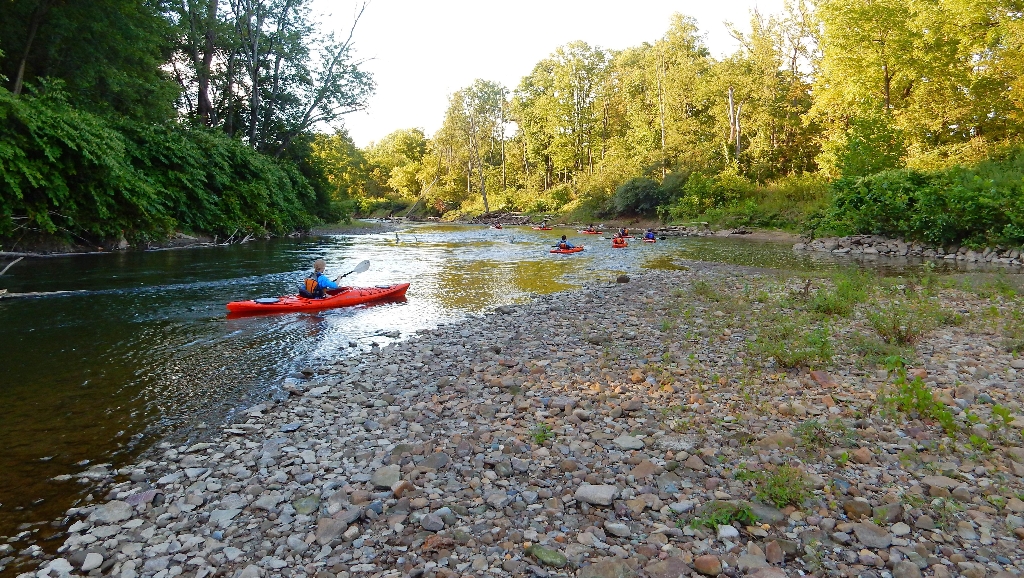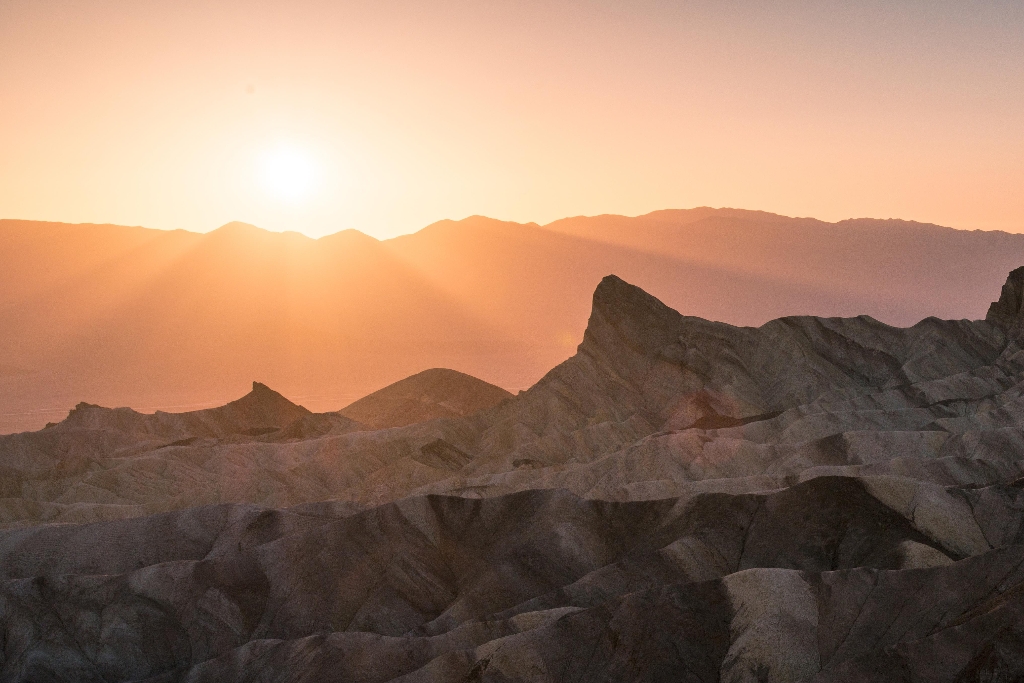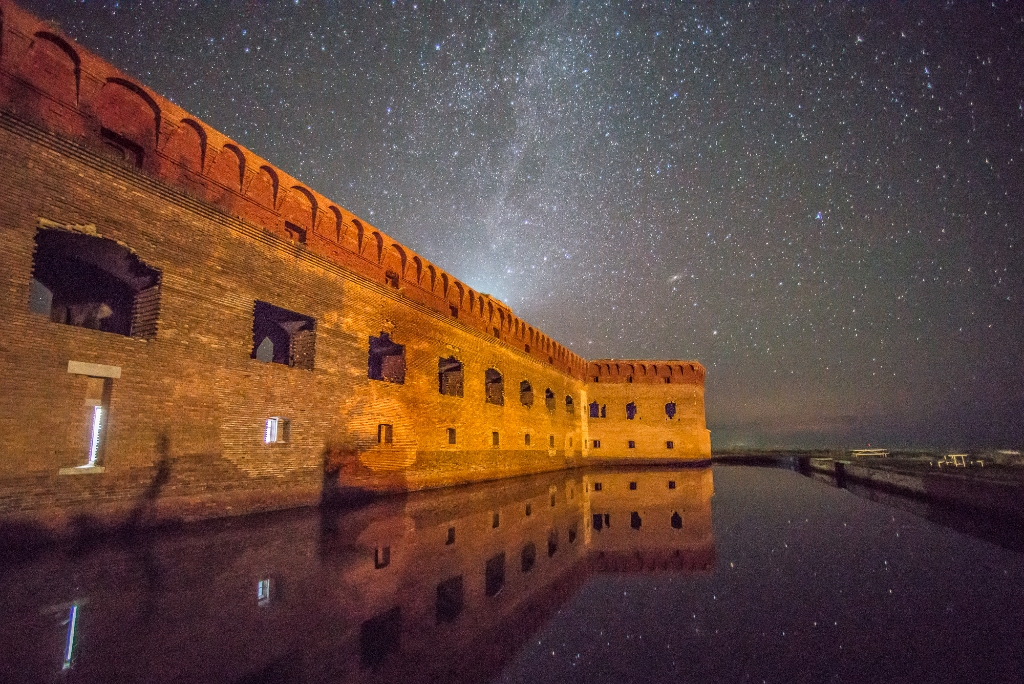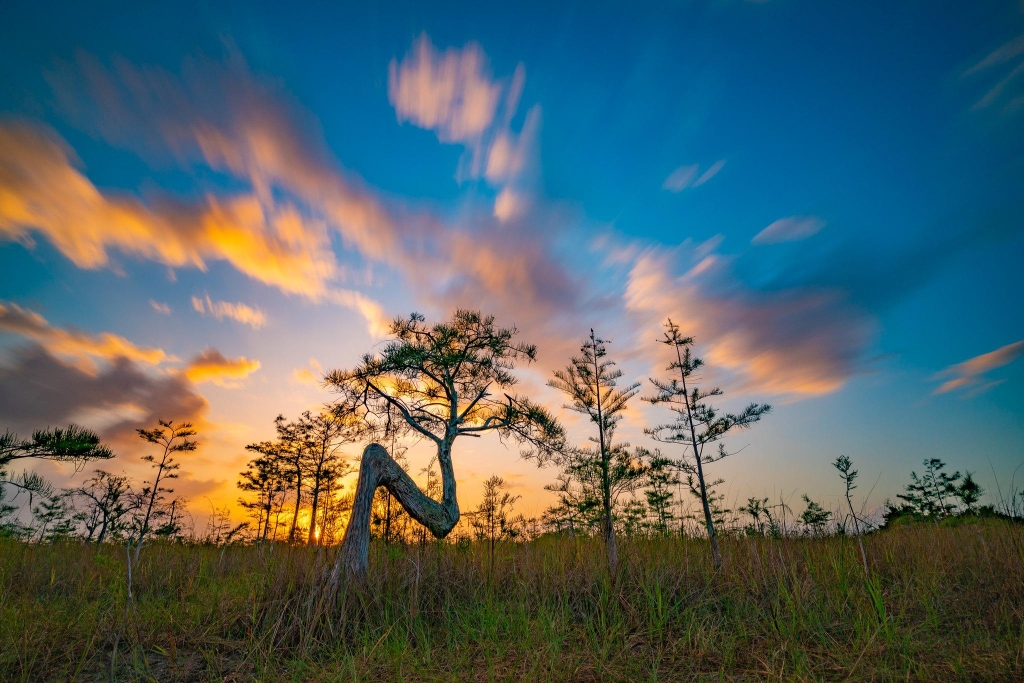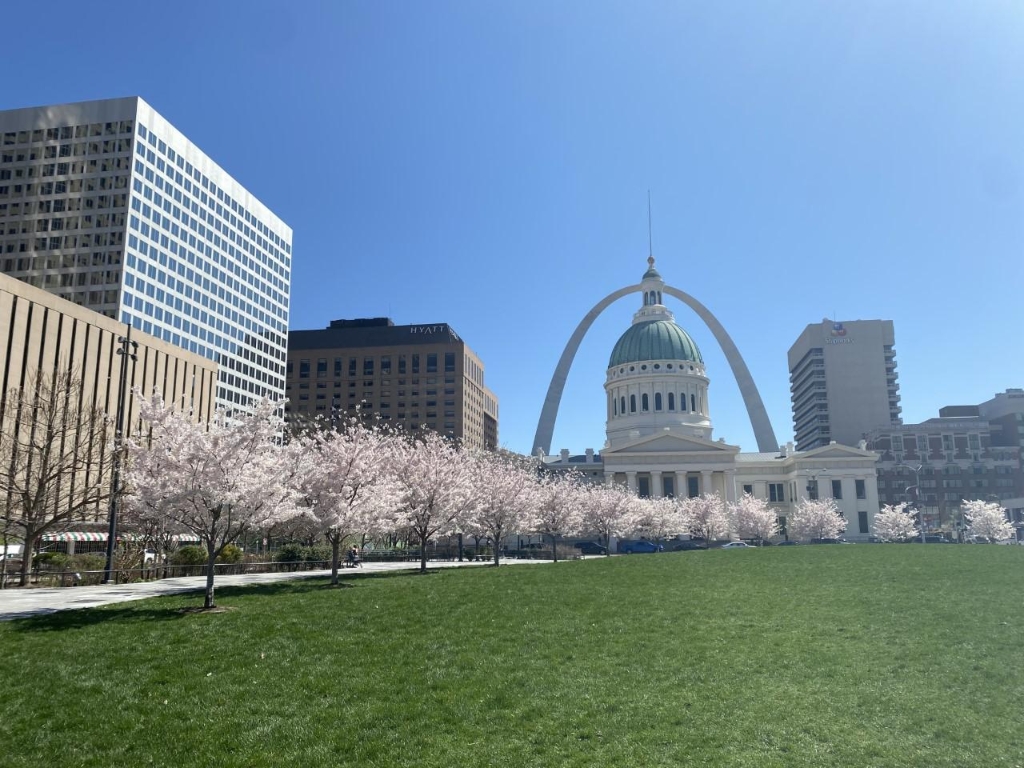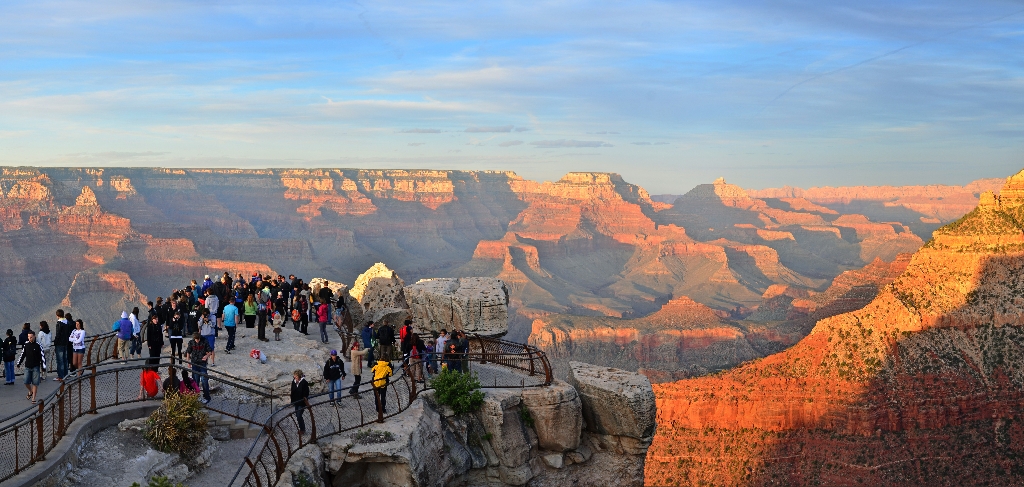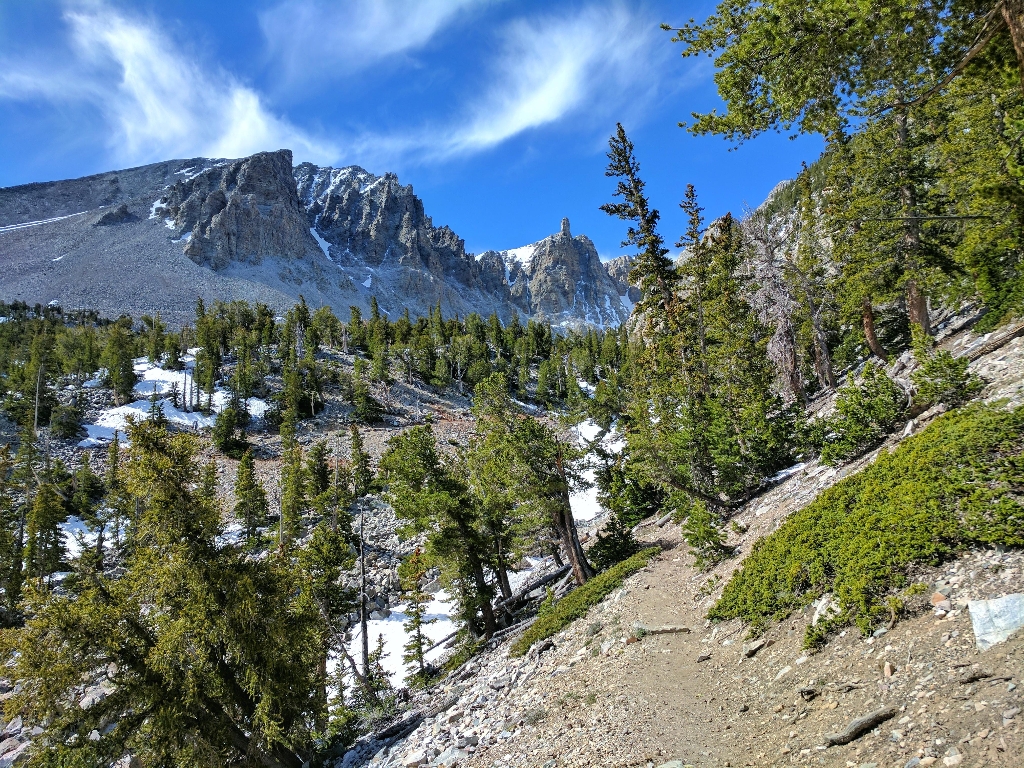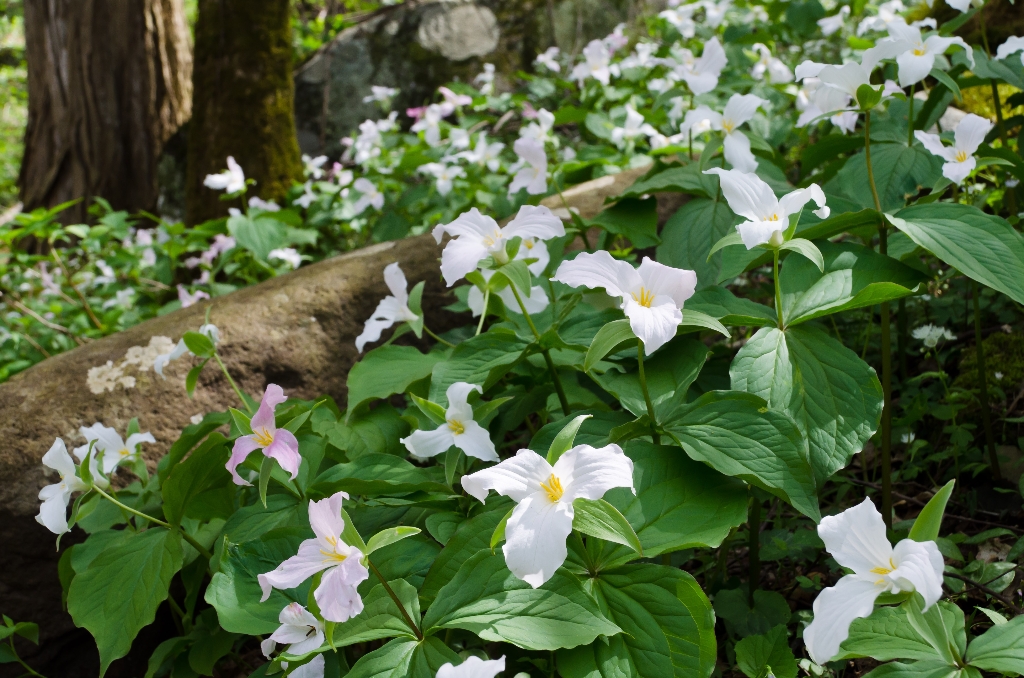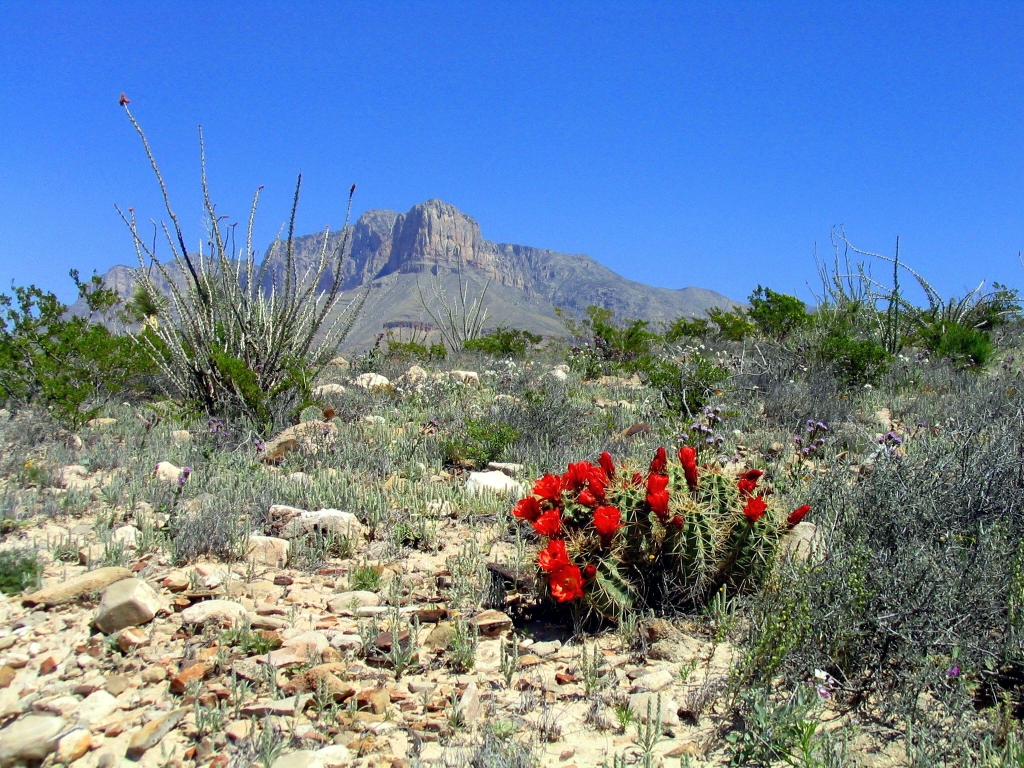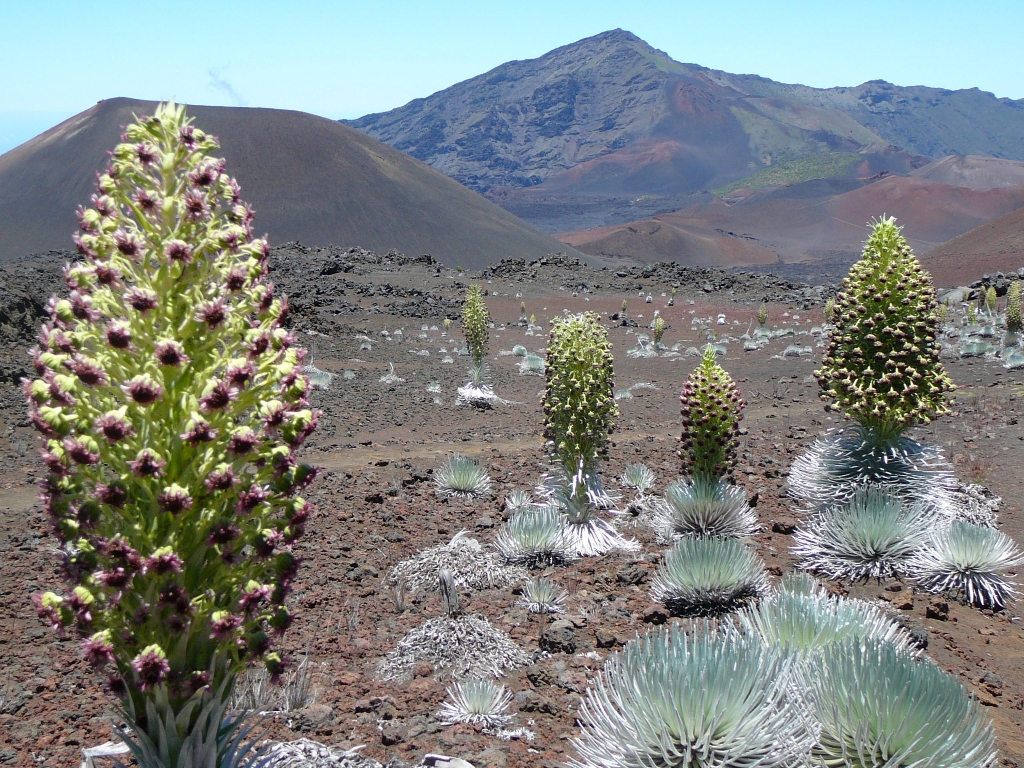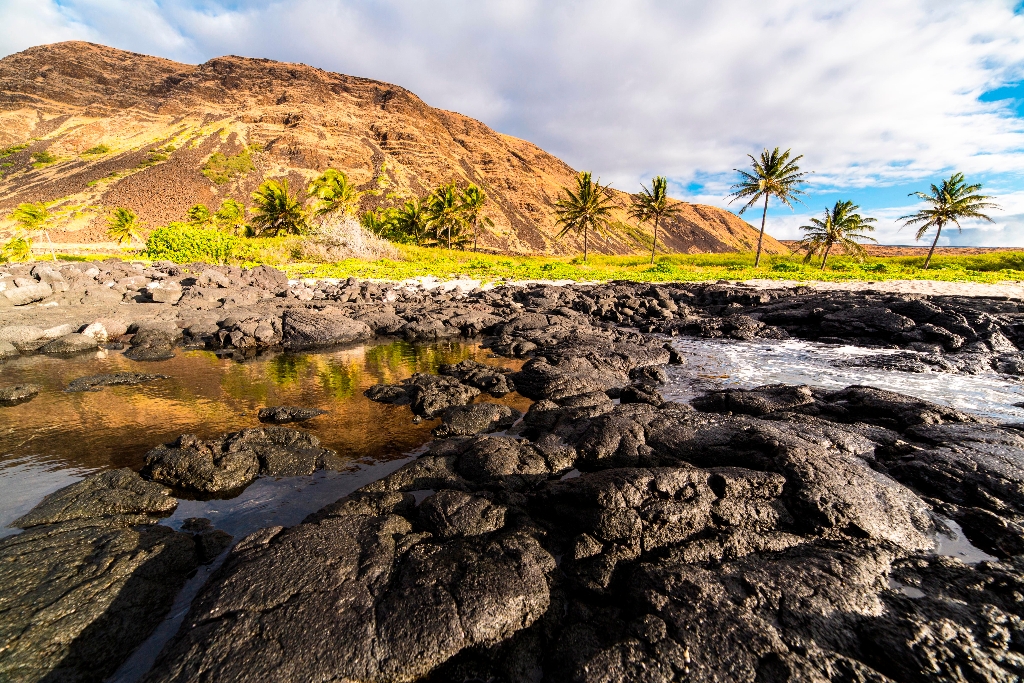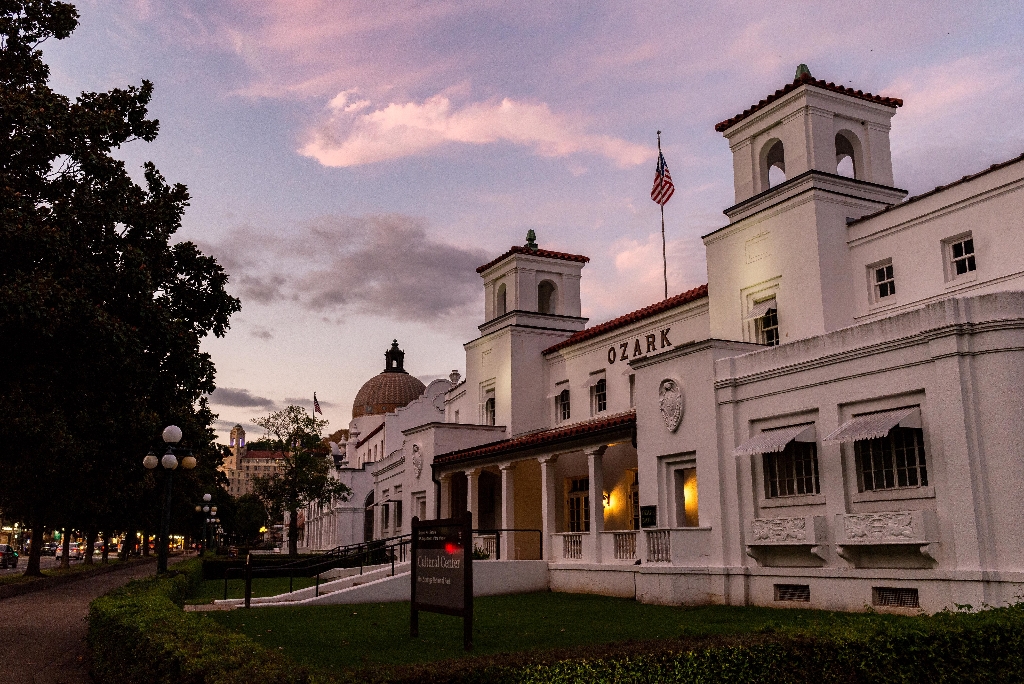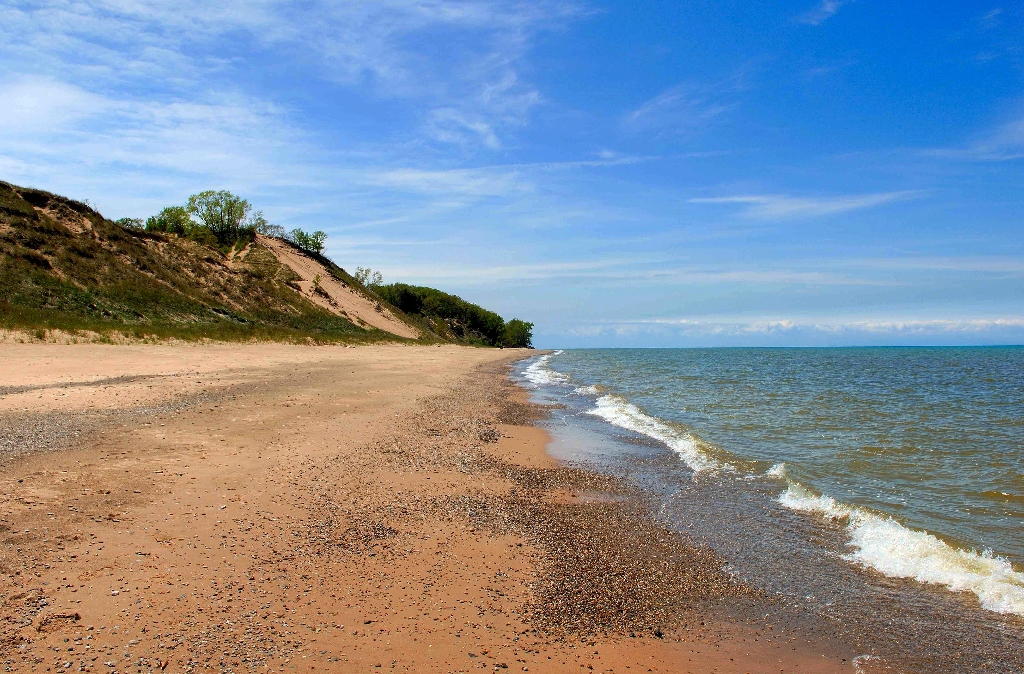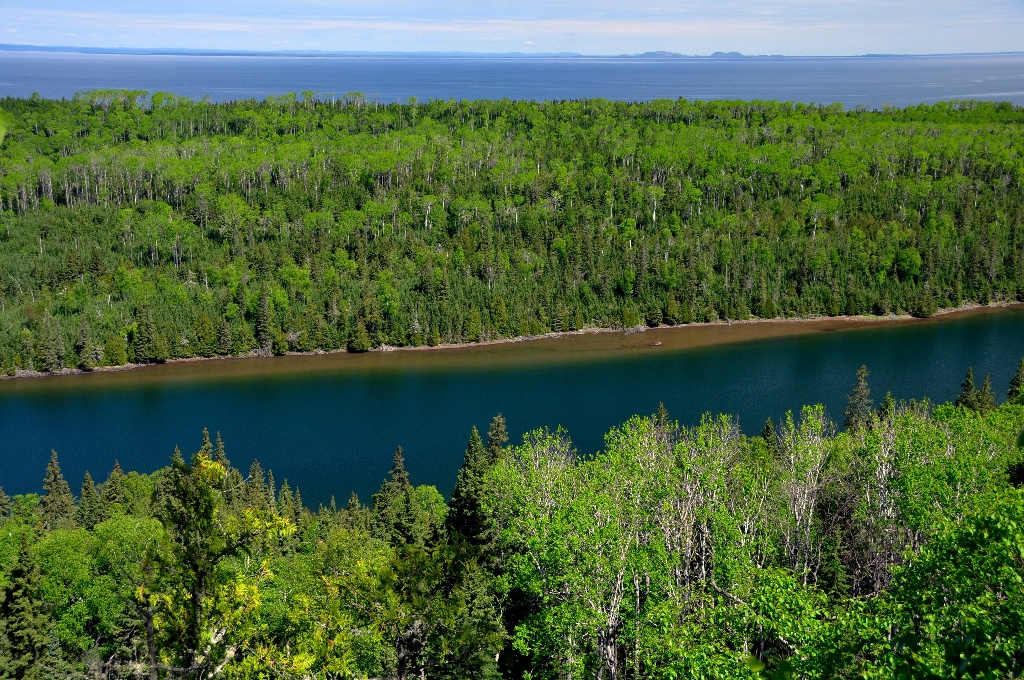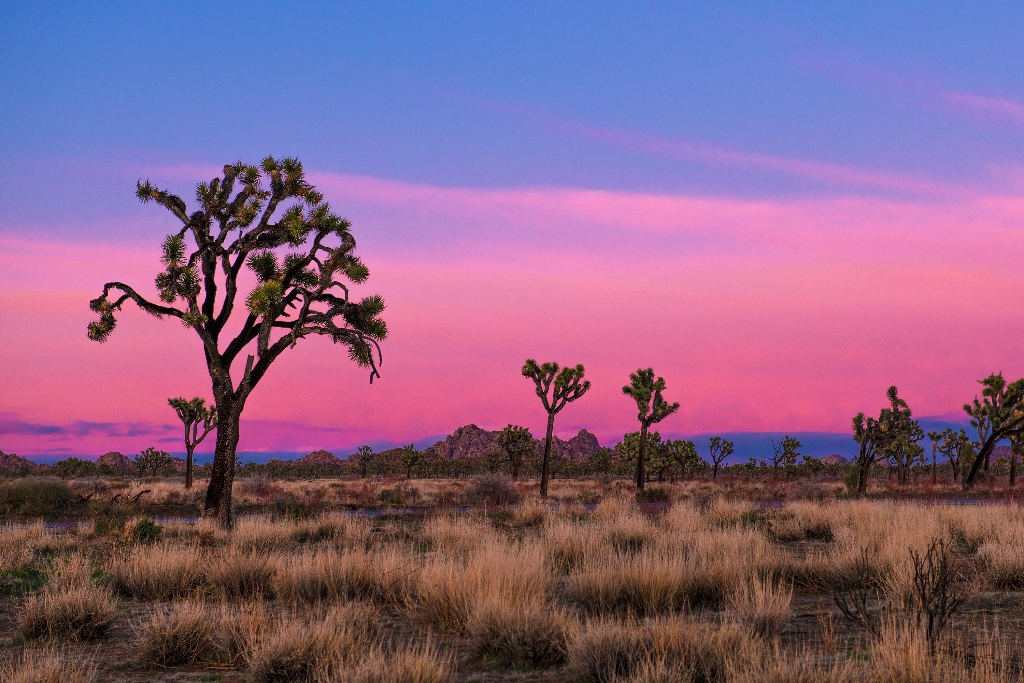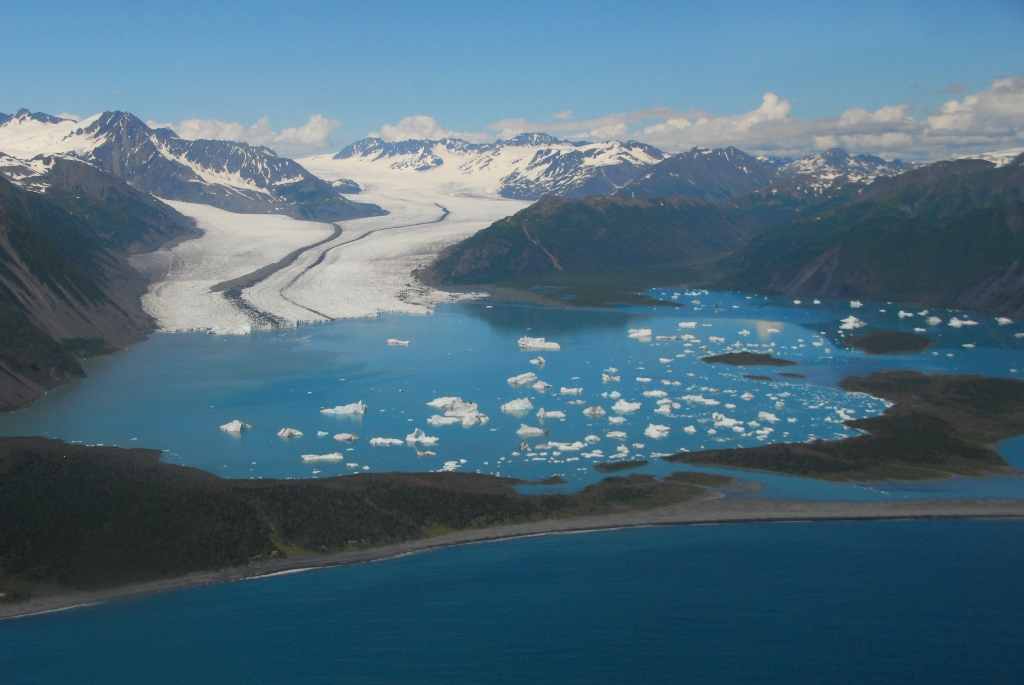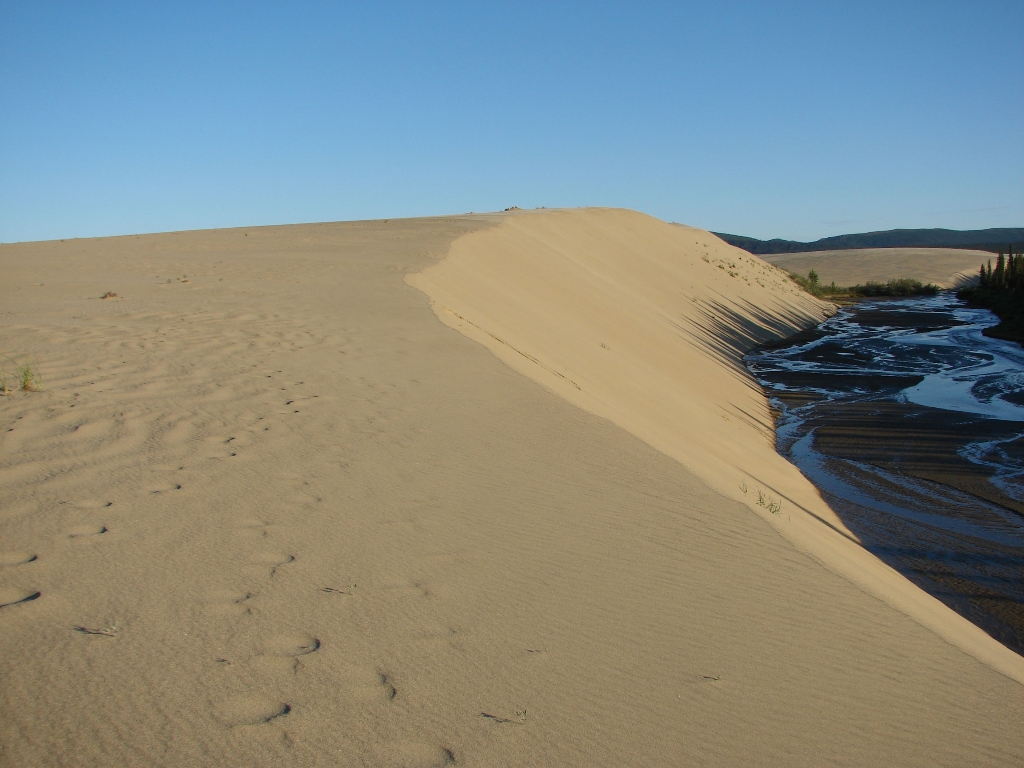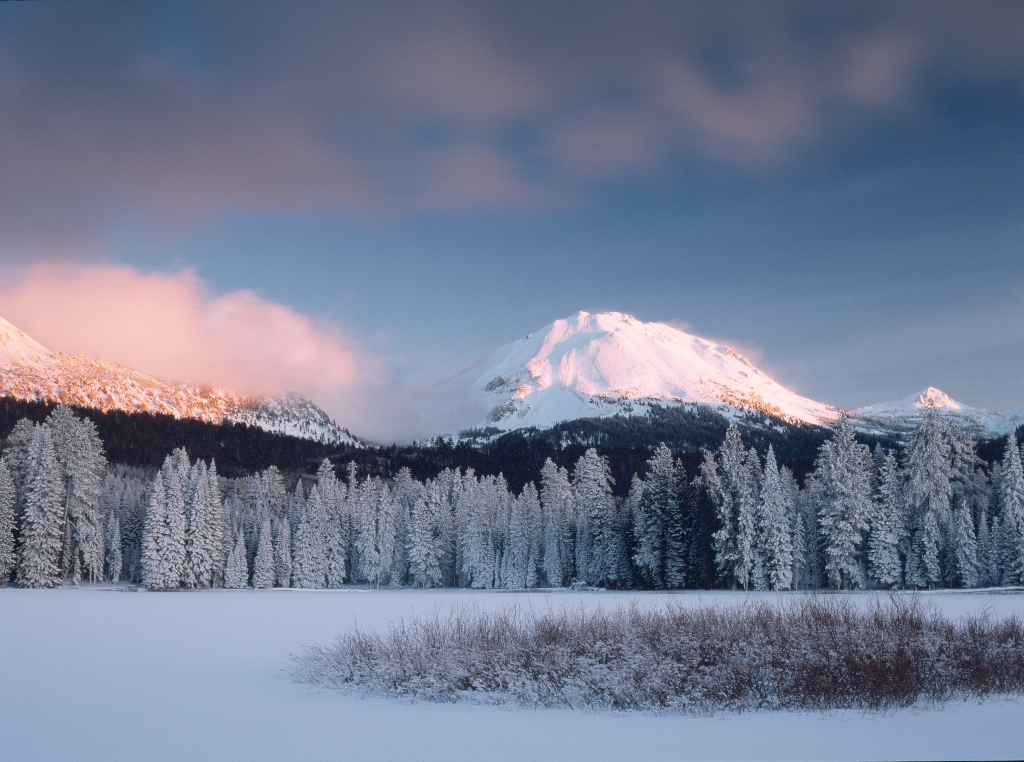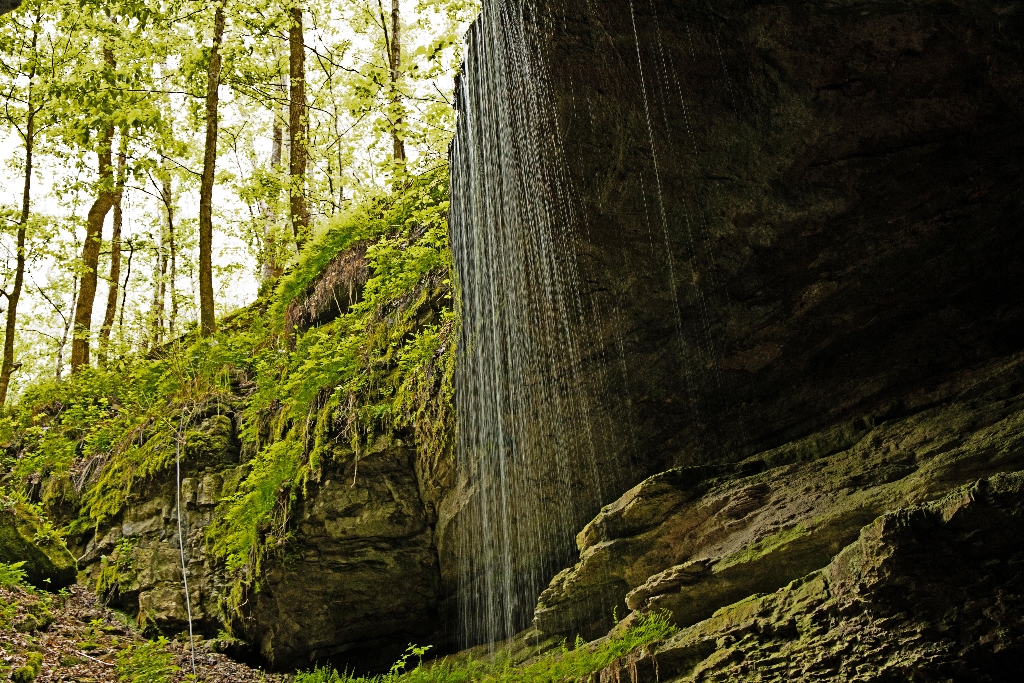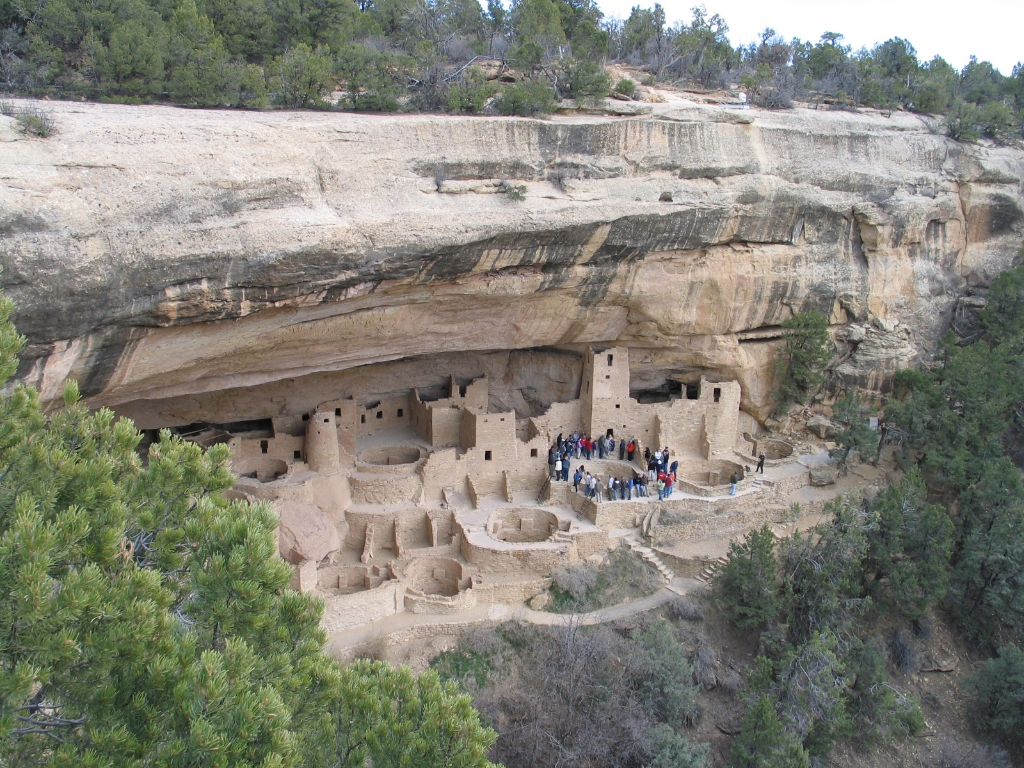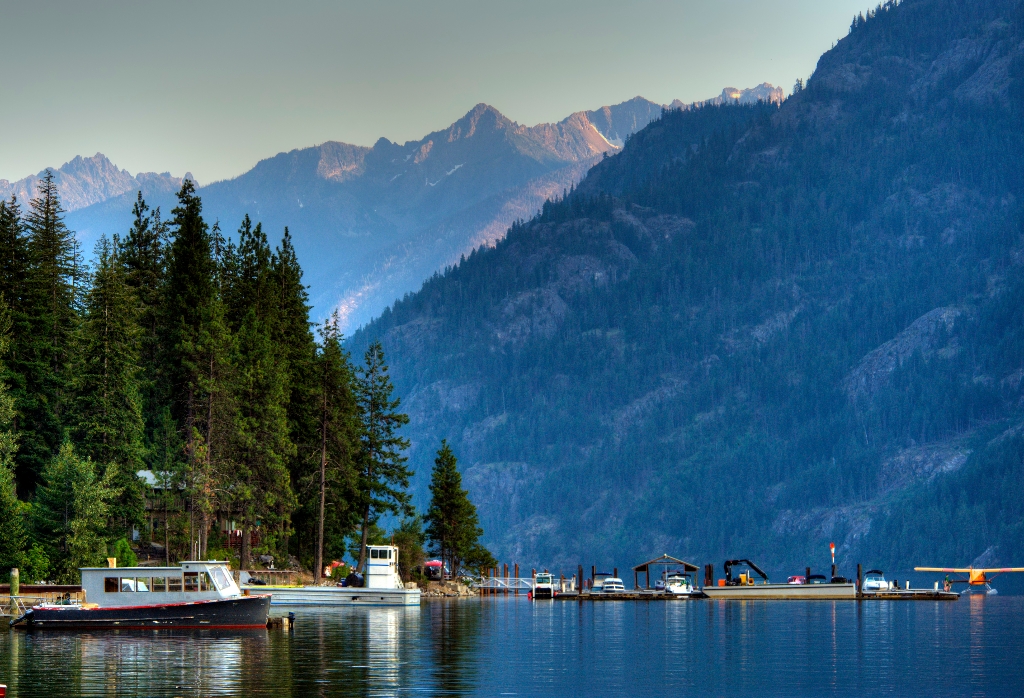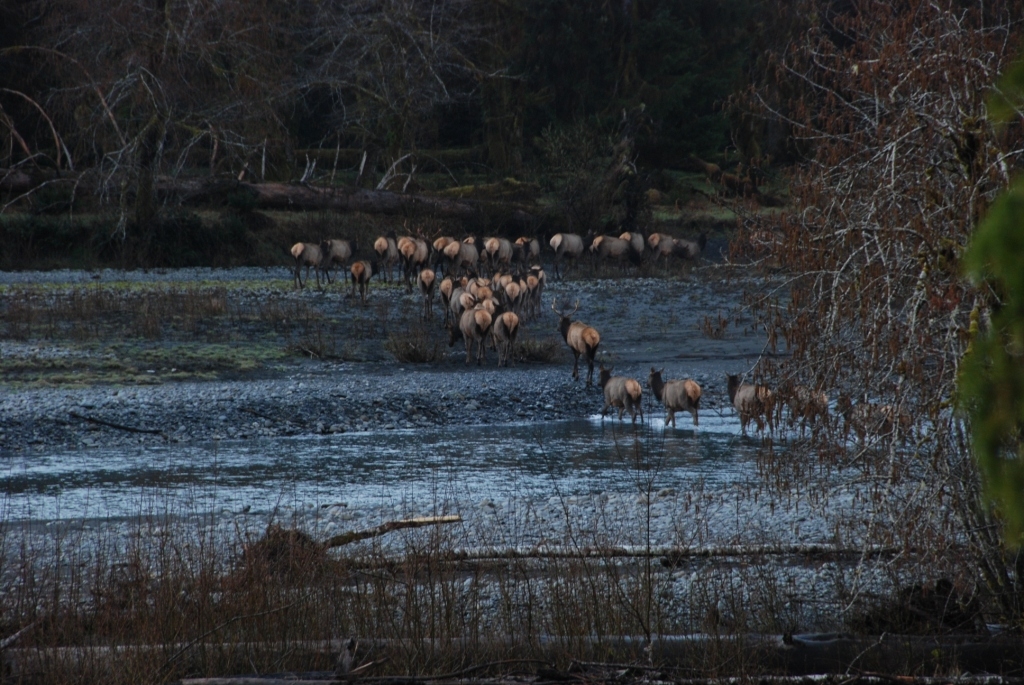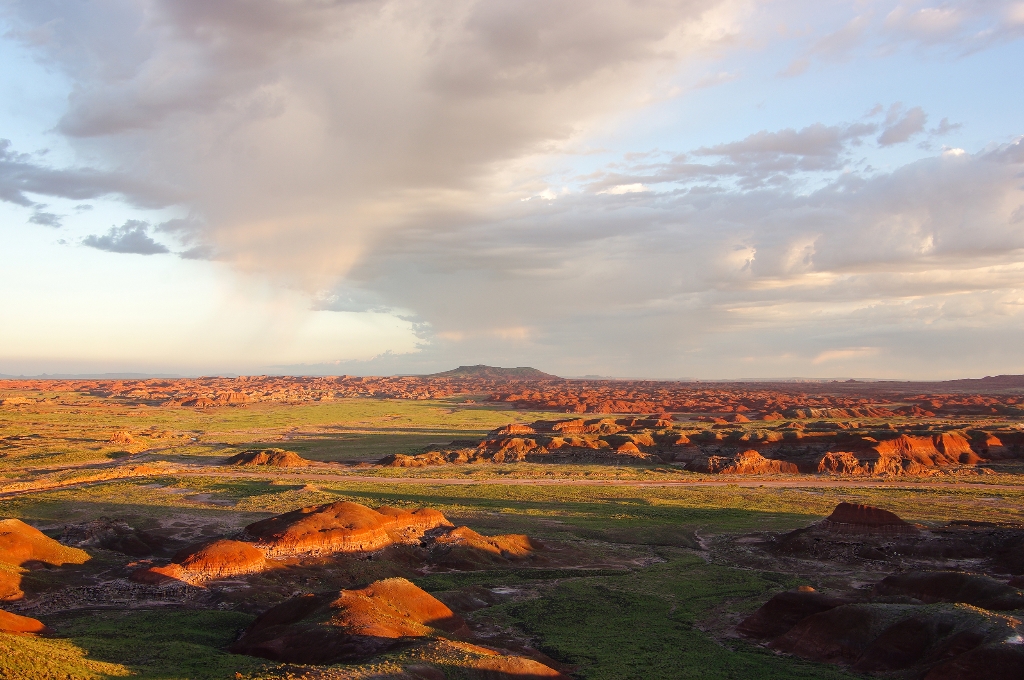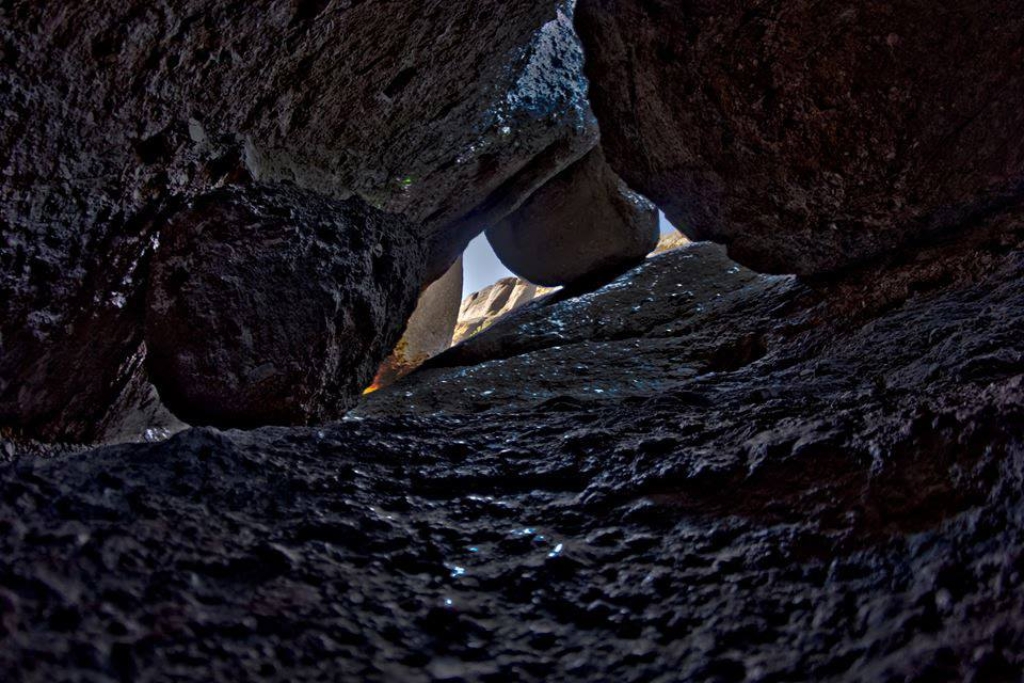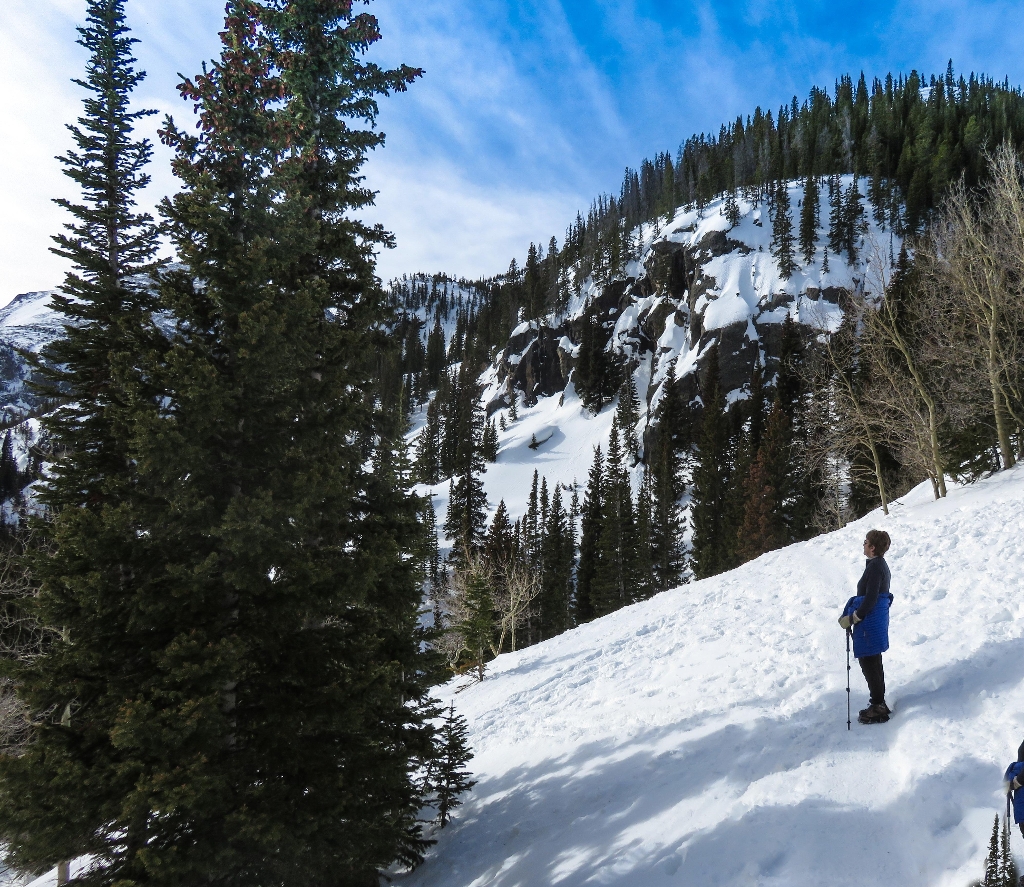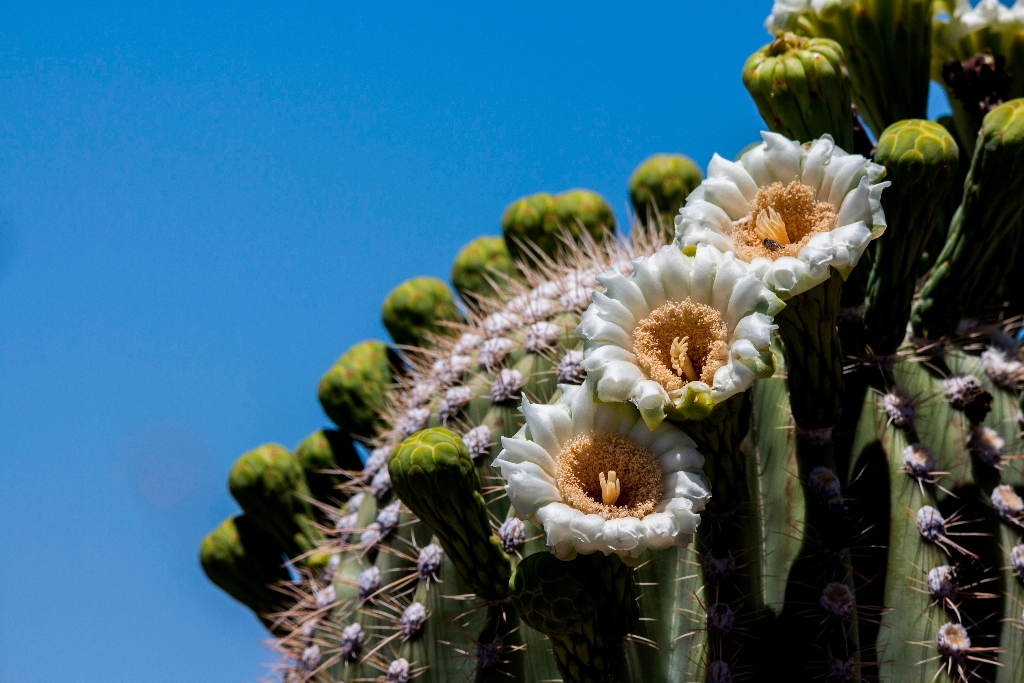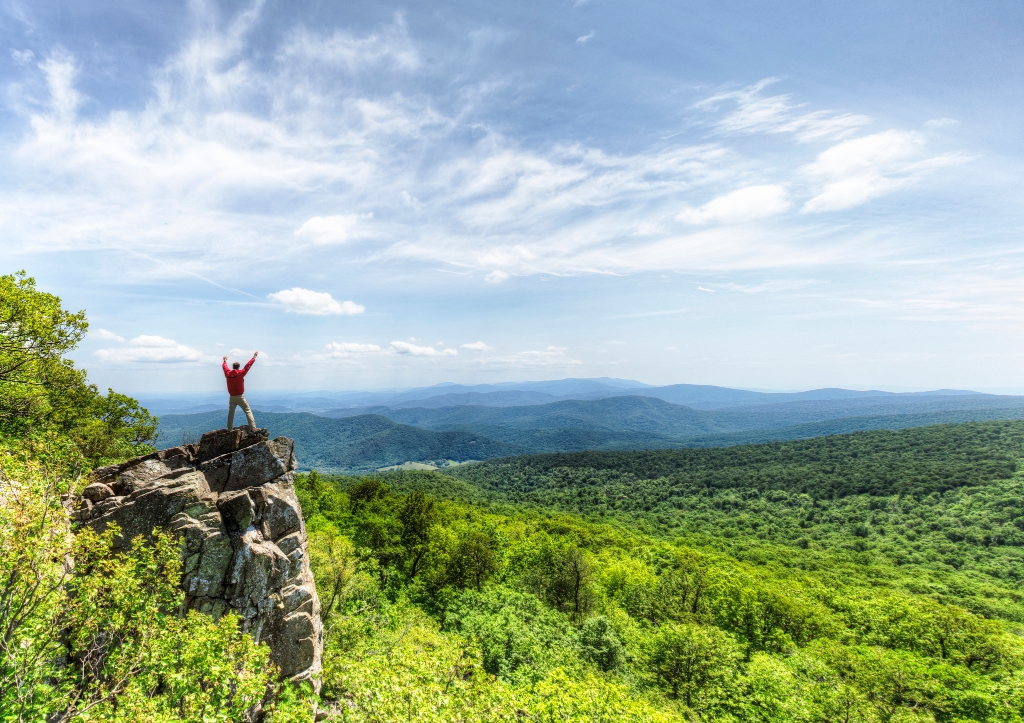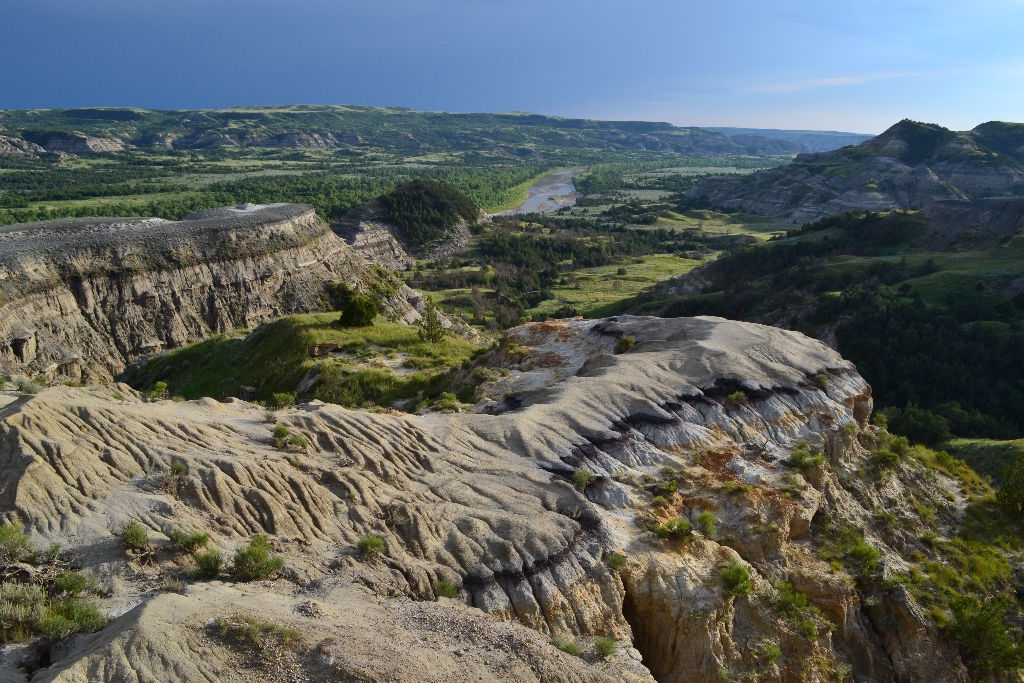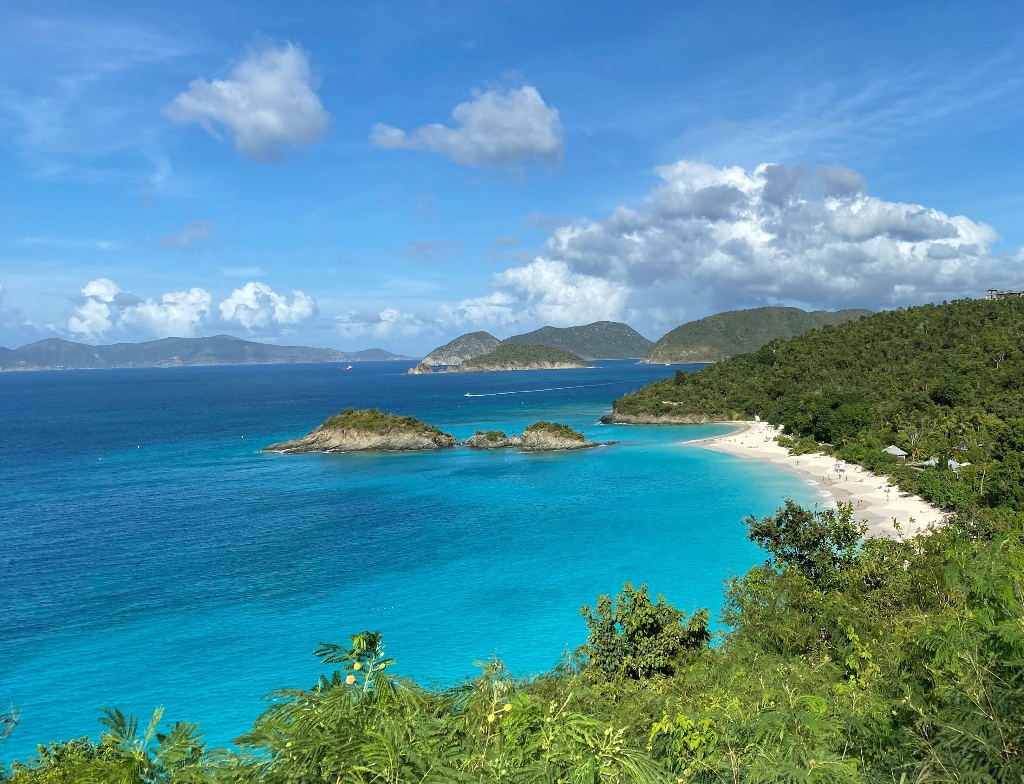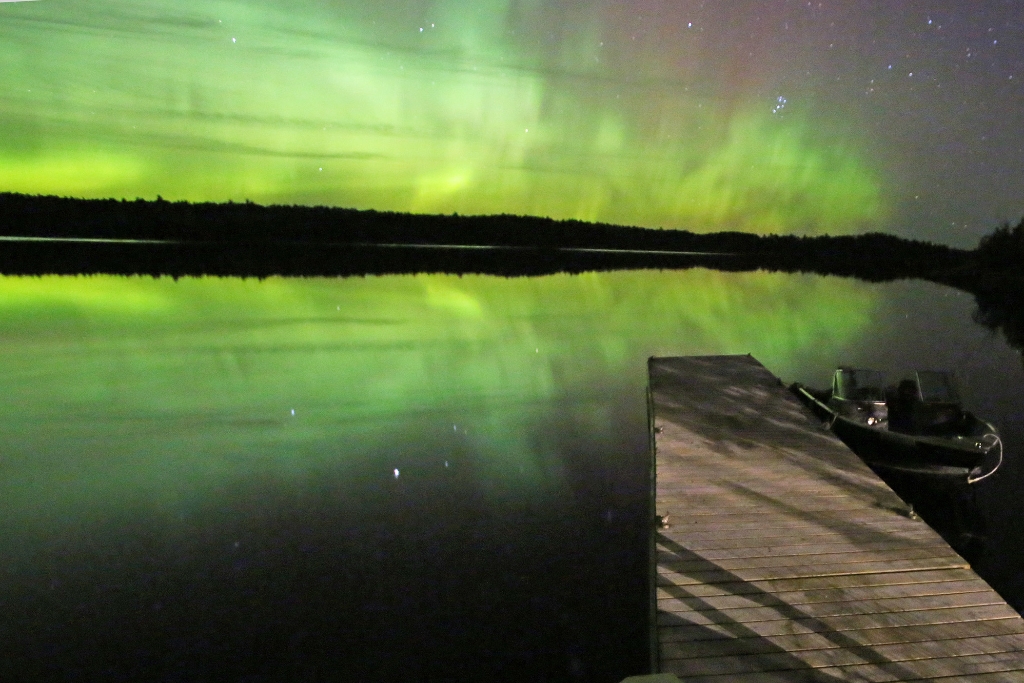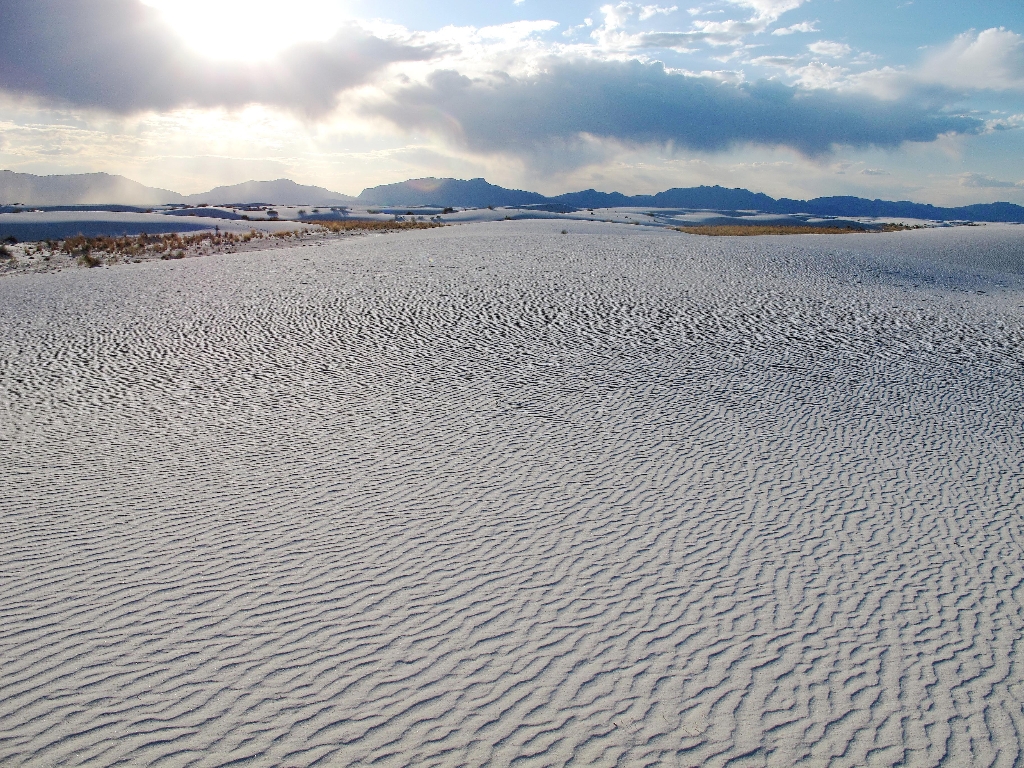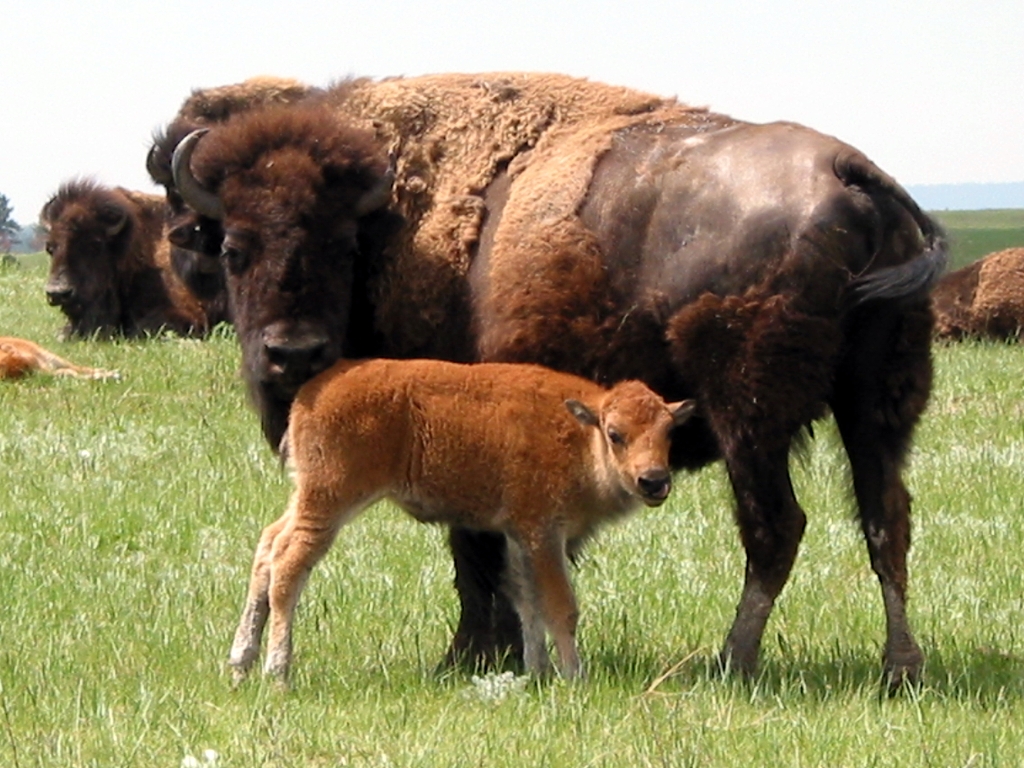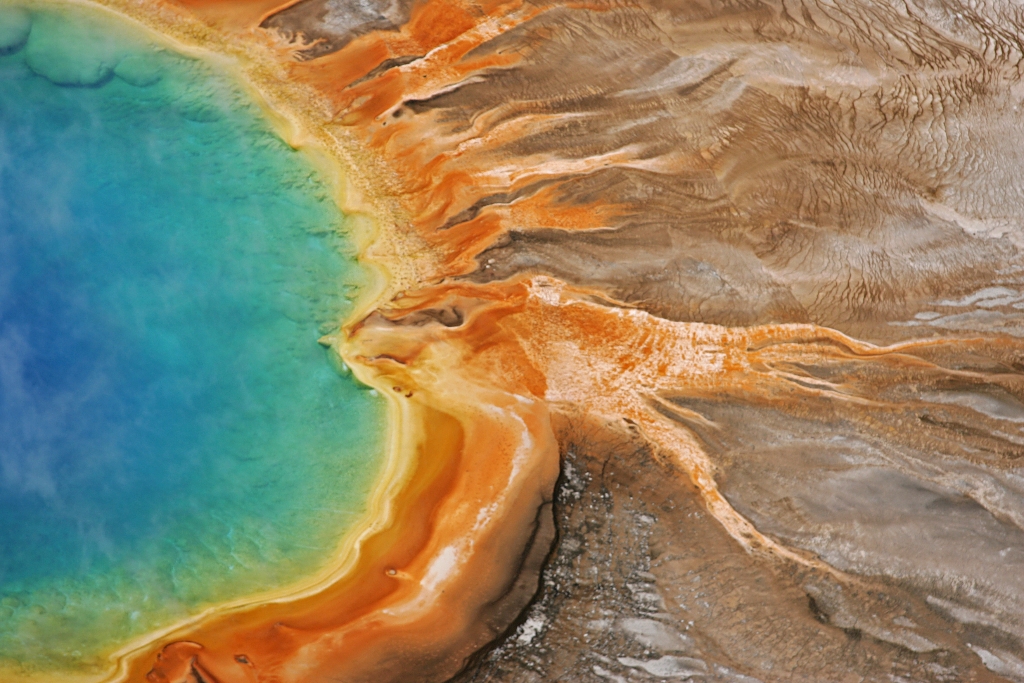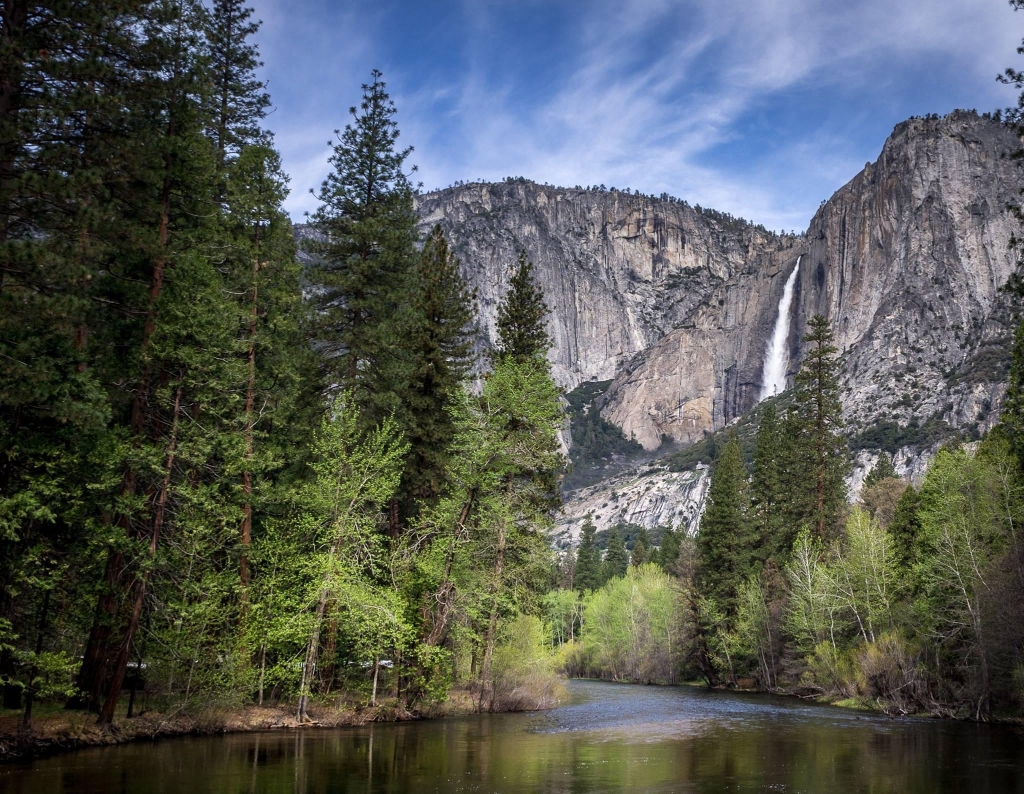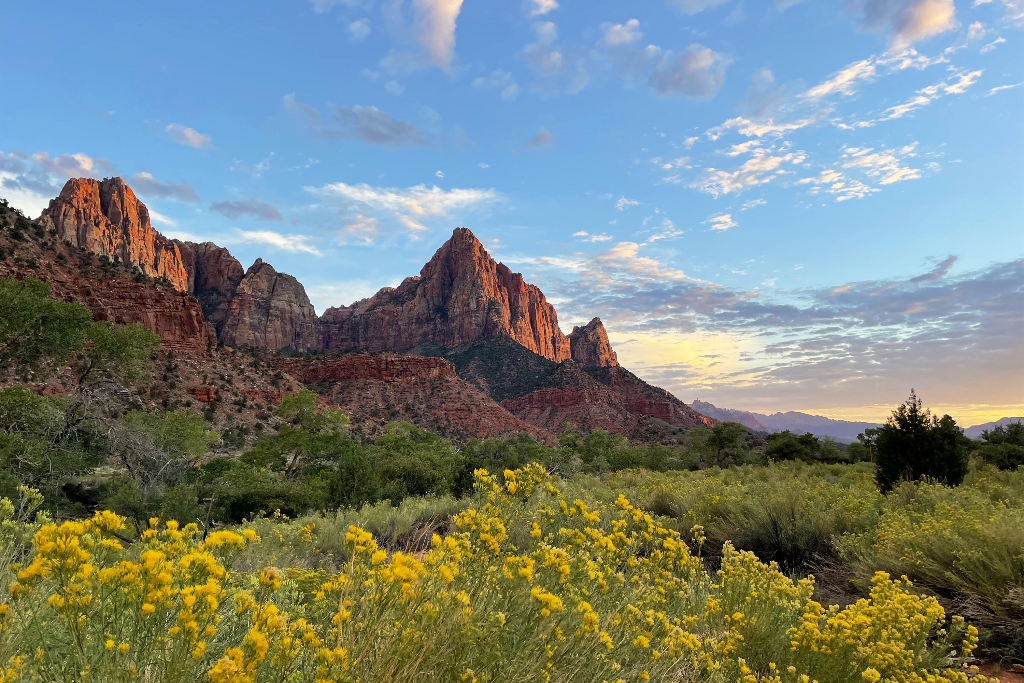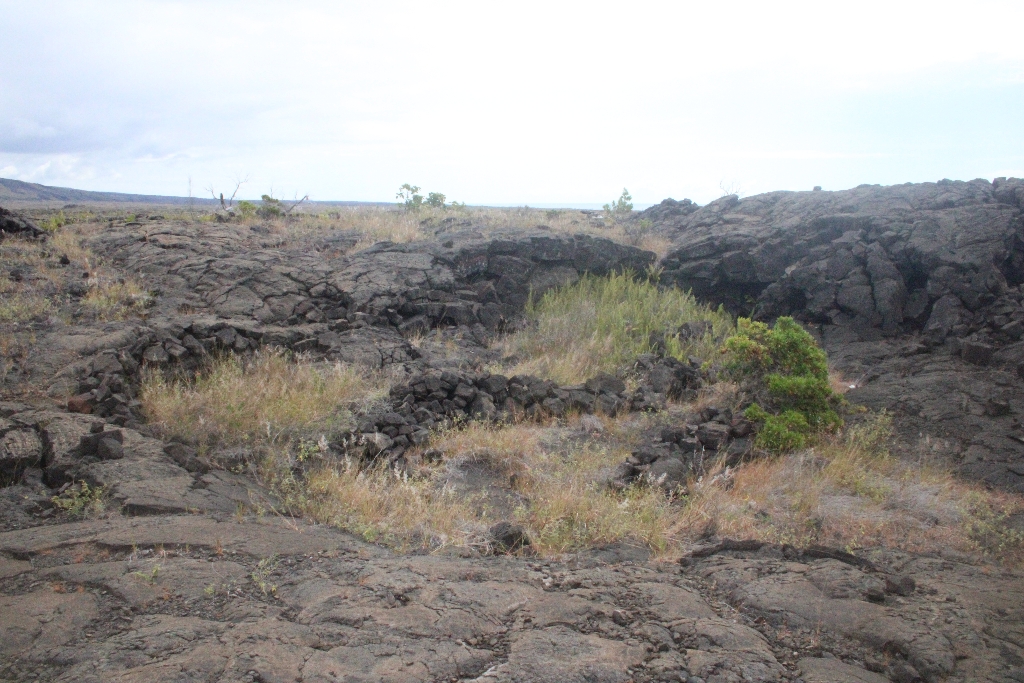
Puʻuloa is a revered site for many native Hawaiian ʻohana (families).
This ahupuaʻa (divisional land system) of Pānau Nui is important to Hawaiians. It provided a sustainable lifestyle through conservation and trade. They thrived for generations by living off the land and sea.
This place is also the featured location of the story of Kaʻehuikimanōopuʻuloa, the little brown shark of Puʻuloa. Listen to the story about Kaʻehuikimanōopuʻuloa. Think about how your family’s story has helped make you who you are today.
A story about Kaʻehuikimanōopuʻuloa unfolds along the Pānau coast of Kīlauea volcano. Oral tradition says that a pregnant woman went into the ocean and had a miscarriage while she was in the water. When she later returned to the ocean, a shark came up under her, and turned out to be her miscarried child transformed; it had become a manō (shark). The child is named Kaʻehuikimanōopuʻuloa (the little-brown shark of Puʻuloa), also referred to as Kaʻehuiki. The child’s mother, Hōlei, and father, Kapukapu, named their son after the great shark deity Kaʻahupāhau (cloak that is well cared for) from Keawalauopuʻuloa; currently known as Pearl Harbor in Oʻahu. Their child resembled Kaʻahupāhau because he was ʻehu, or reddish-tinged, like her hair.
Kaʻehuiki was nourished on ʻawa by his father and diluted with the milk of his mother for 10 days when he was put in a sea cave. When his parents decided to go to the uplands, Kaʻehuiki had to care for himself and became a shark ʻaumakua (deified family guardian).
One night, Kaʻehuiki appeared in his father’s dream and asked his permission to travel around the coast of Hawaiʻi to pay homage to all the district sharks. His intent was to meet the oldest brother of Pele, Kamohoaliʻi - the king of all sharks. He hoped Kamohoaliʻi would adopt him into the family. His father picked ʻawa roots, coconut, red-fish, and fowl and continued to chant as he went to the sea cave. A little brown shark, Kaʻehuiki, swam in the cave as his father began to consecrate the shark in chant for a long and successful journey.
In the fourth month, Kaʻehuiki first traveled to Hilo and met the great shark, Kepanila. Later he met Kaneilehia of Kaʻū. He continued to befriend the other district sharks of the island of Hawaiʻi and asked them to become his traveling companions on his journey: Kua of Kona, Manokini of Kohala, and Kapulena of Hāmākua
The shark of Kohala, Manokini, described to Kaʻehuiki the difficulty of traveling across the rough ʻAlenuihāhā channel to the island of Maui, and the ferocious shark, Kauhuhu of Maui, that governed it. Upon their arrival to Maui, Kauhuhu called out to them for being in his cave. He extended and opened his large jaws to bite Kaʻehuiki. Kaʻehuiki swiftly entered his wide mouth and devoured his vitals from the inside; leaving Kauhuhu lifeless as he floated in the tides.
Finally, the voyage led to the island of Kahoʻolawe, where they could pay homage to Kamohoaliʻi-- the “king of all sharks”. He was overgrown with sea moss and barnacles - his mana emanated from him. Kamohoaliʻi consented to adopt the little-brown shark and an elaborate ceremony took place. He gave Kaʻehuiki the ability to take a hundred different forms, immeasurable mana, and a long life.
The journey of Kaʻehuiki continued all the way to the distant lands of Kahiki, however, today he lives within the sea caves of Pānau. Oral history tells us that Kaʻehuikimanōopuʻuloa is an ʻaumakua (who is part of the Pele family), a form of the great Kamohoaliʻi, and a shark who invokes the power of Kaʻahupāhau. Puʻuloa, now within Hawaiʻi Volcanoes National Park, is seen as the place of the birth of Kaʻehuikimanōopuʻuloa. It is where many Hawaiians connect the piko (umbilical stump) of their child to his birthing place. It is a way to obtain a long life, and life-prolonging protection from an ʻaumakua of this land.
Is there something we missed for this itinerary?
Itineraries across USA
